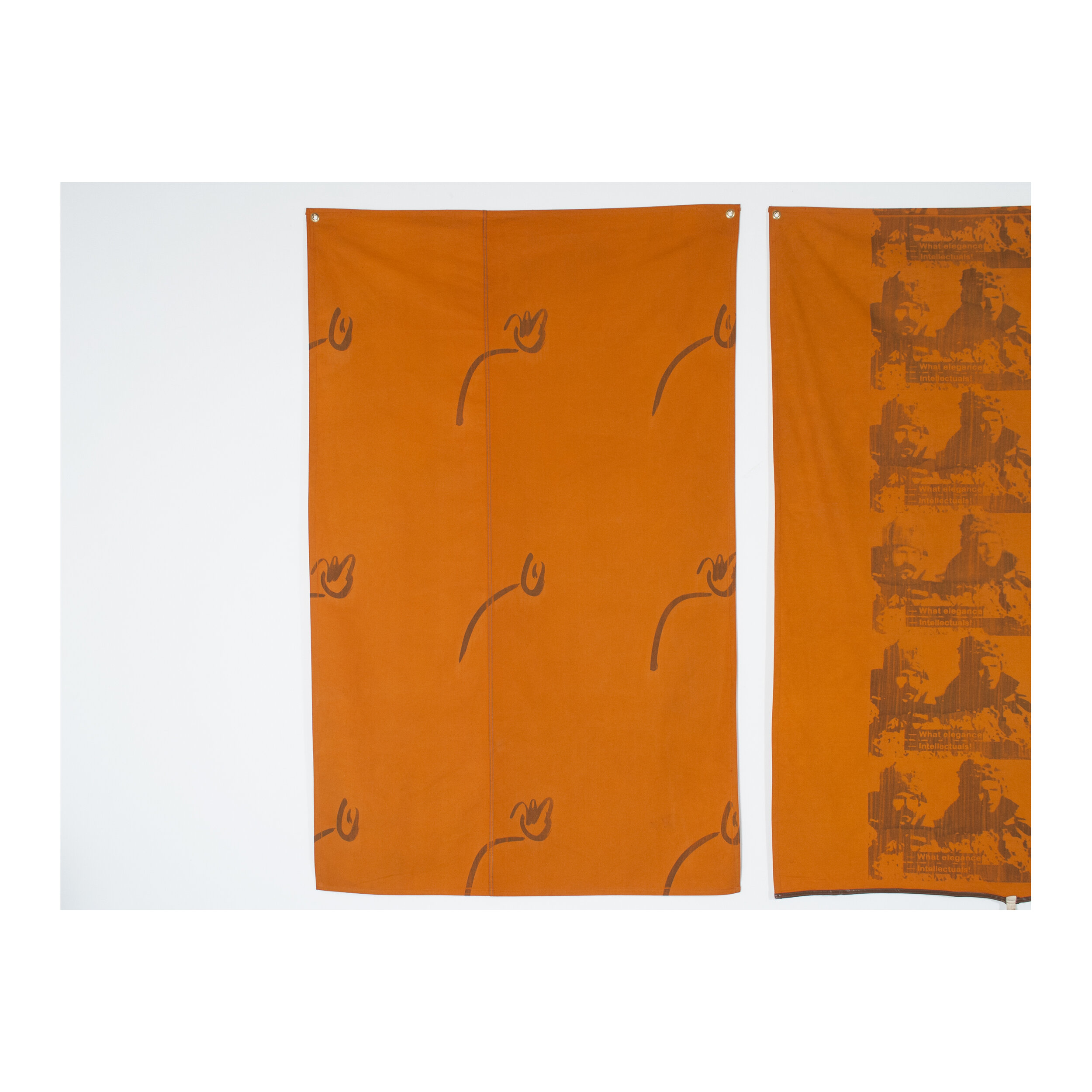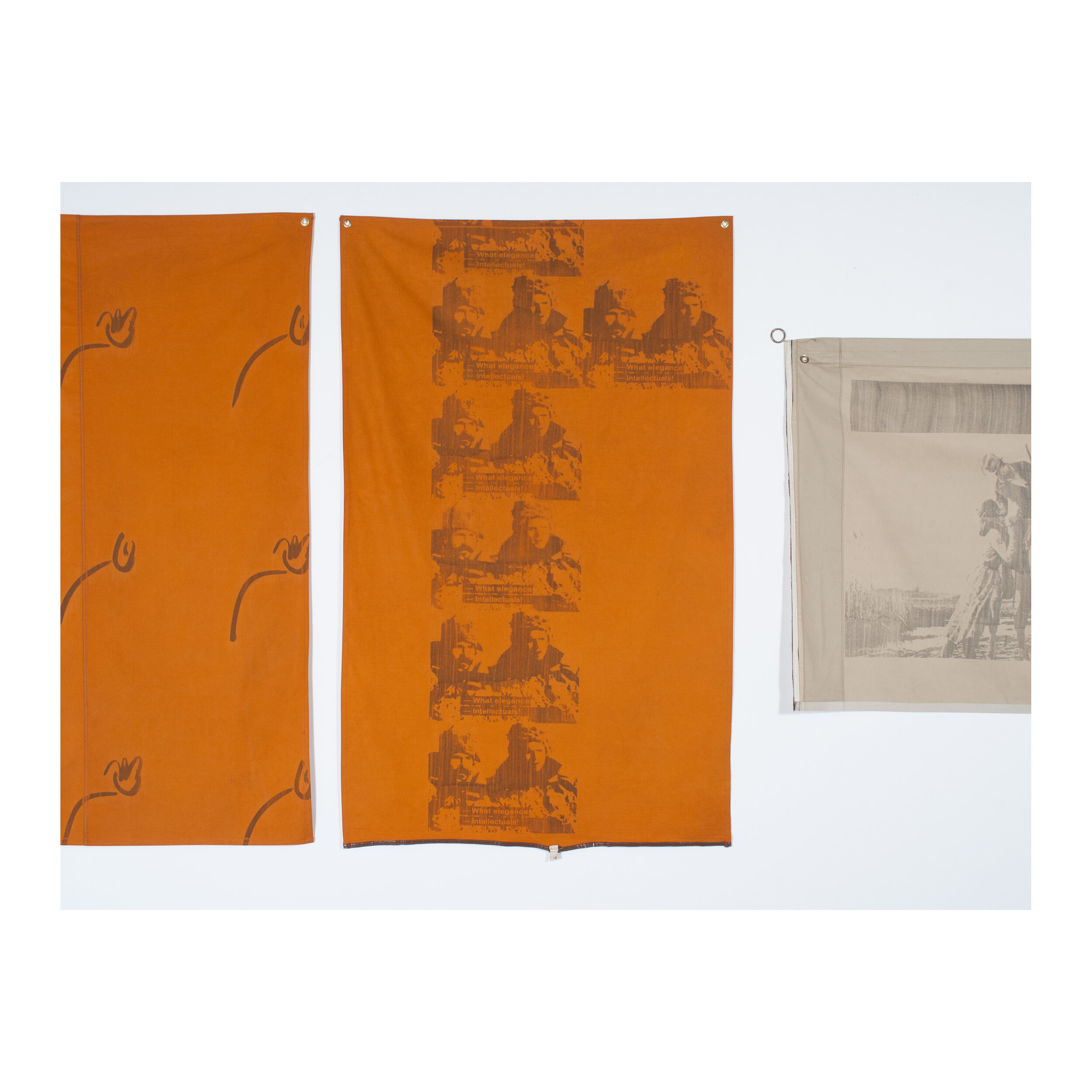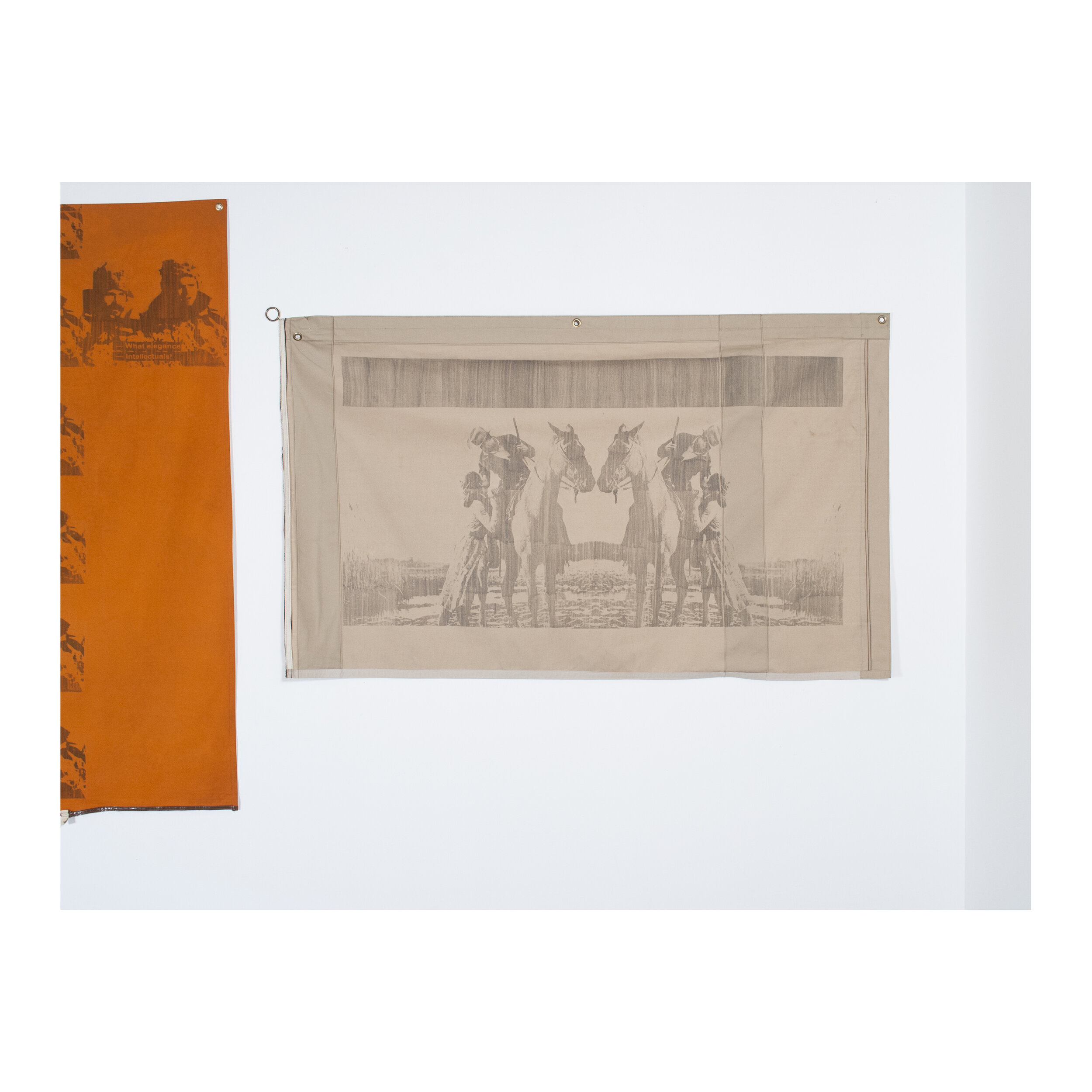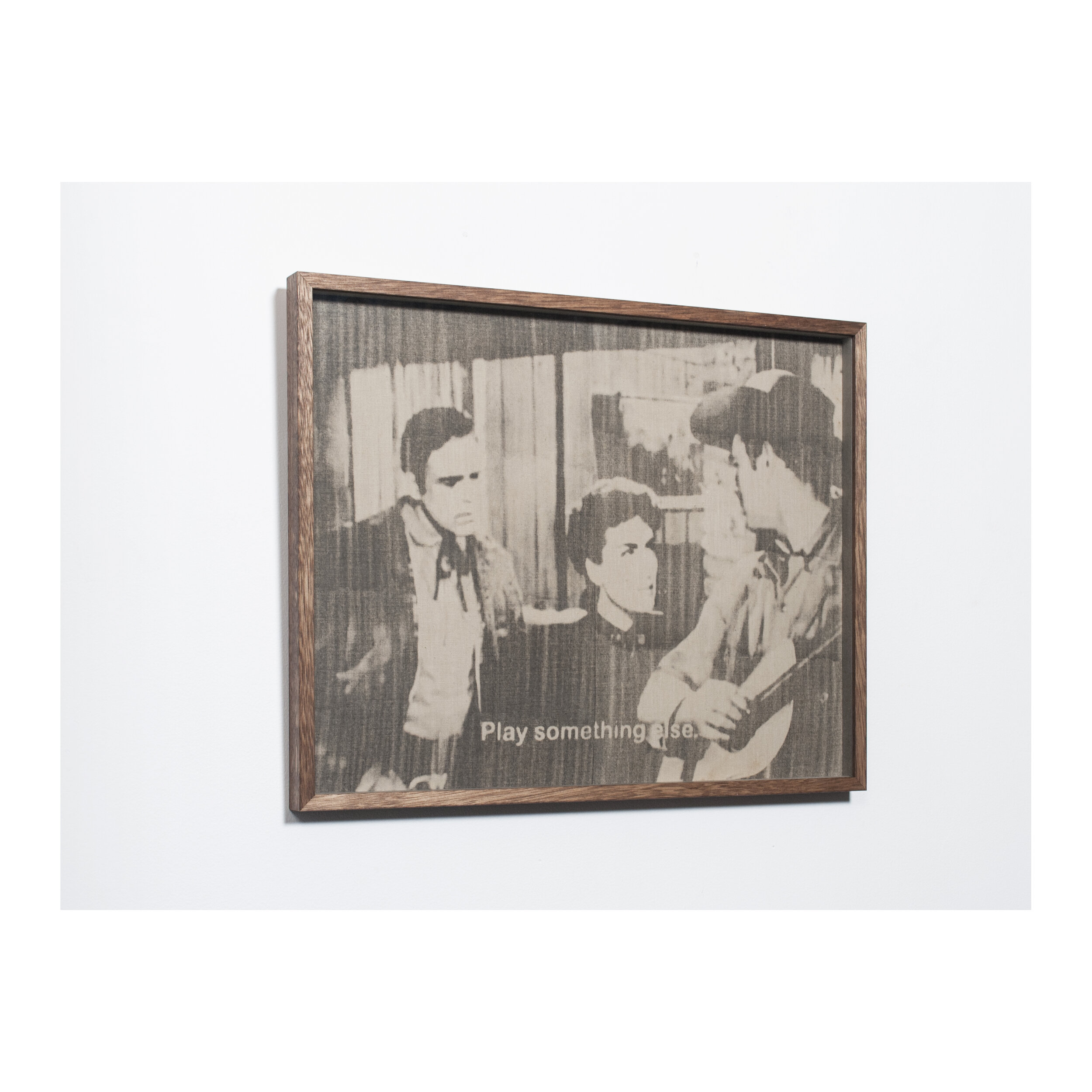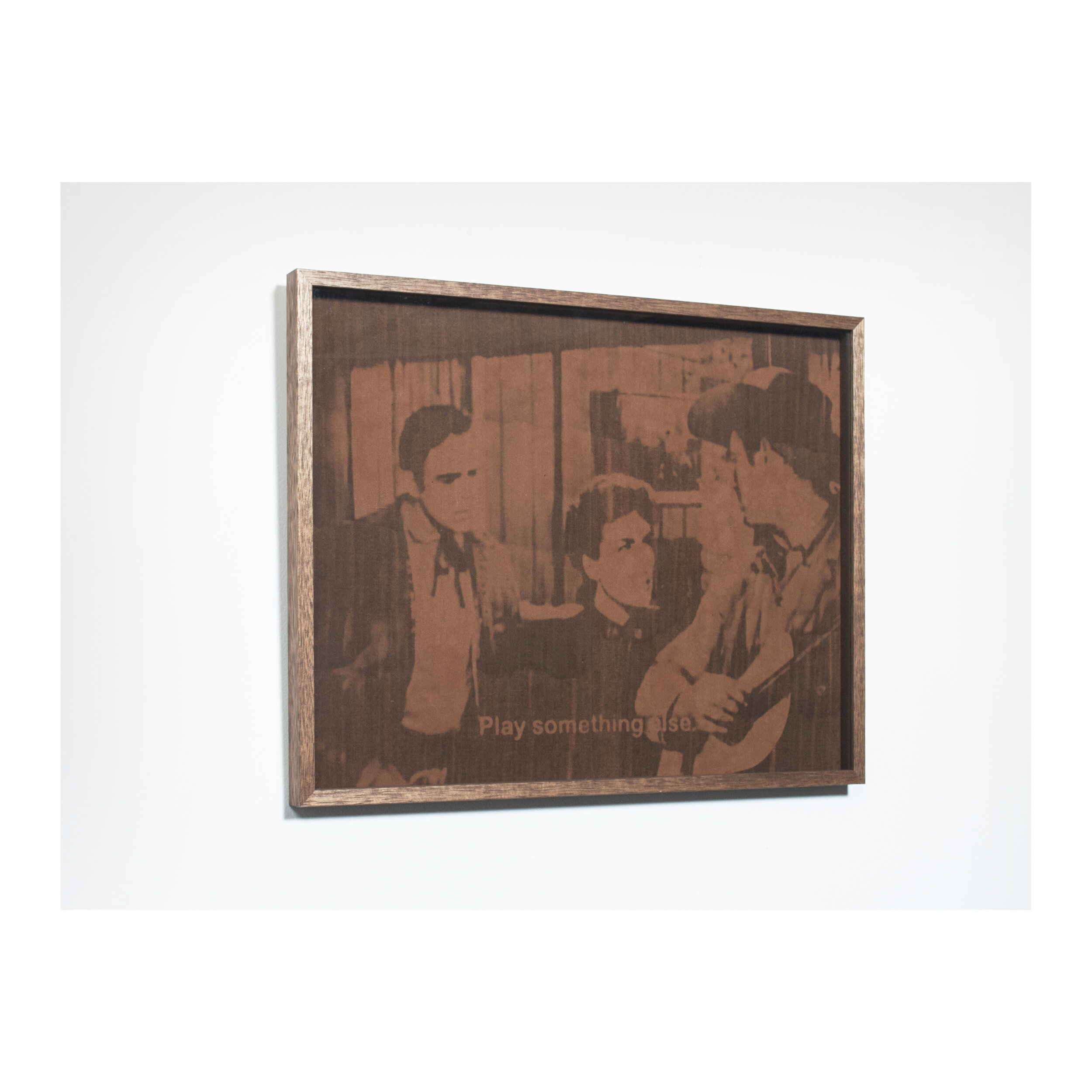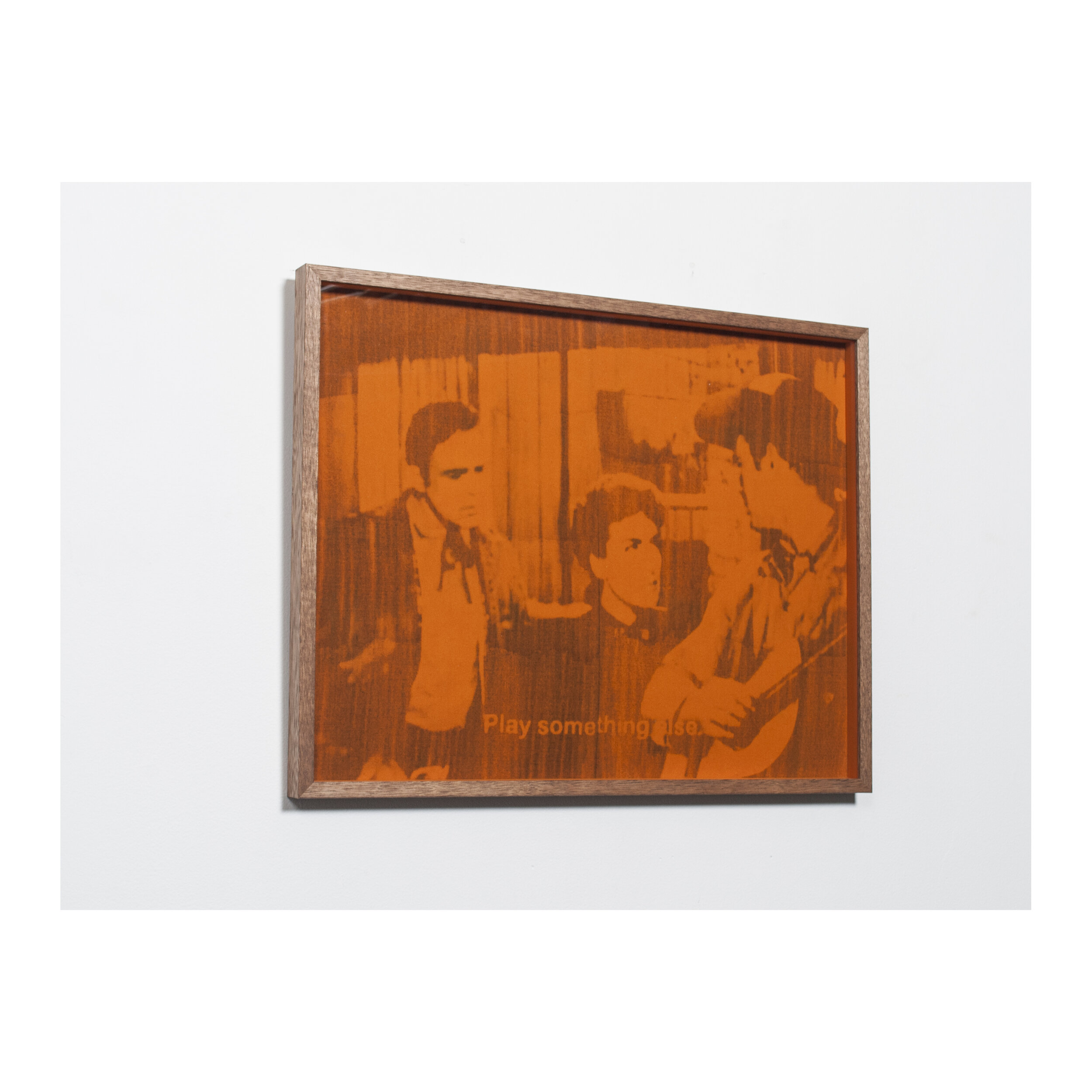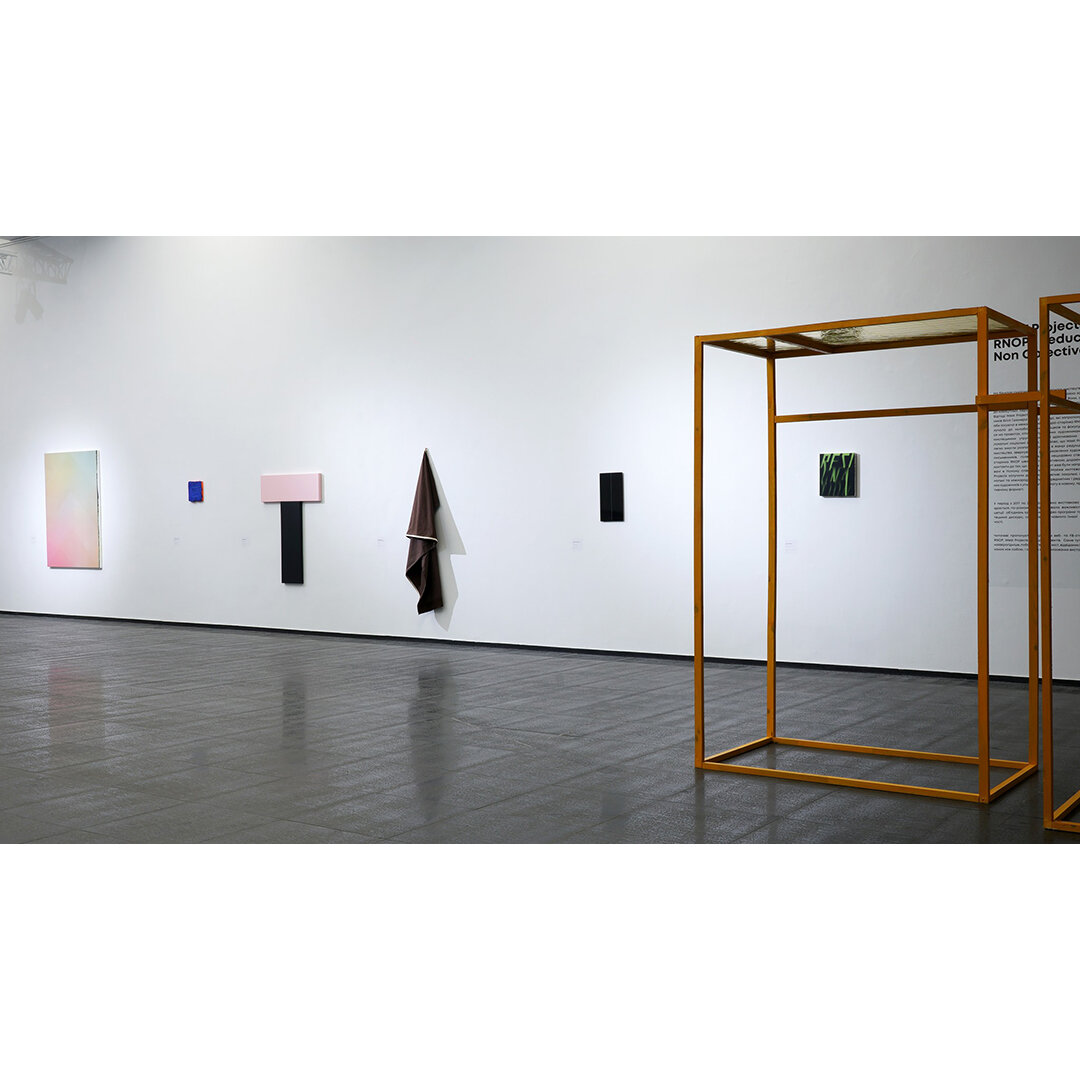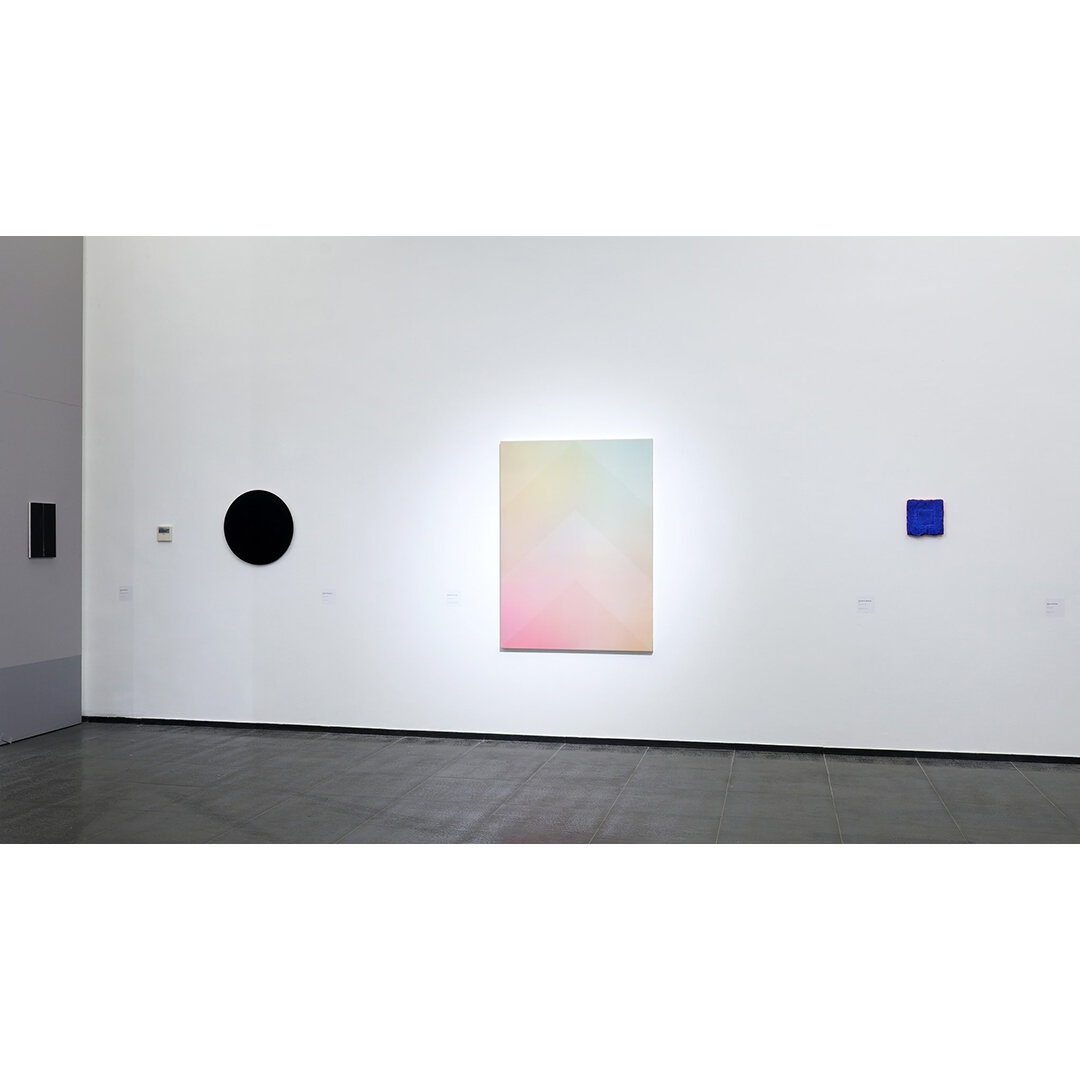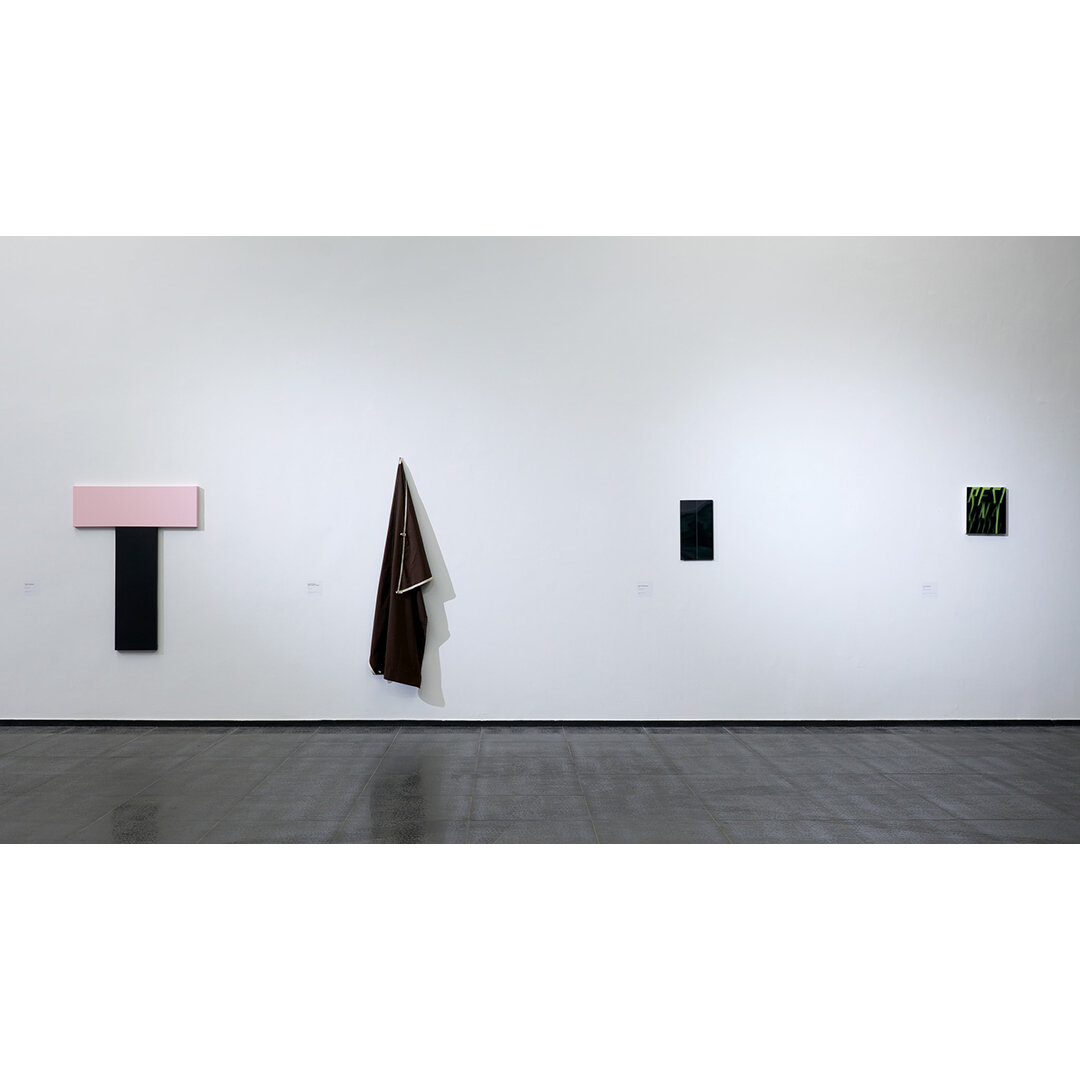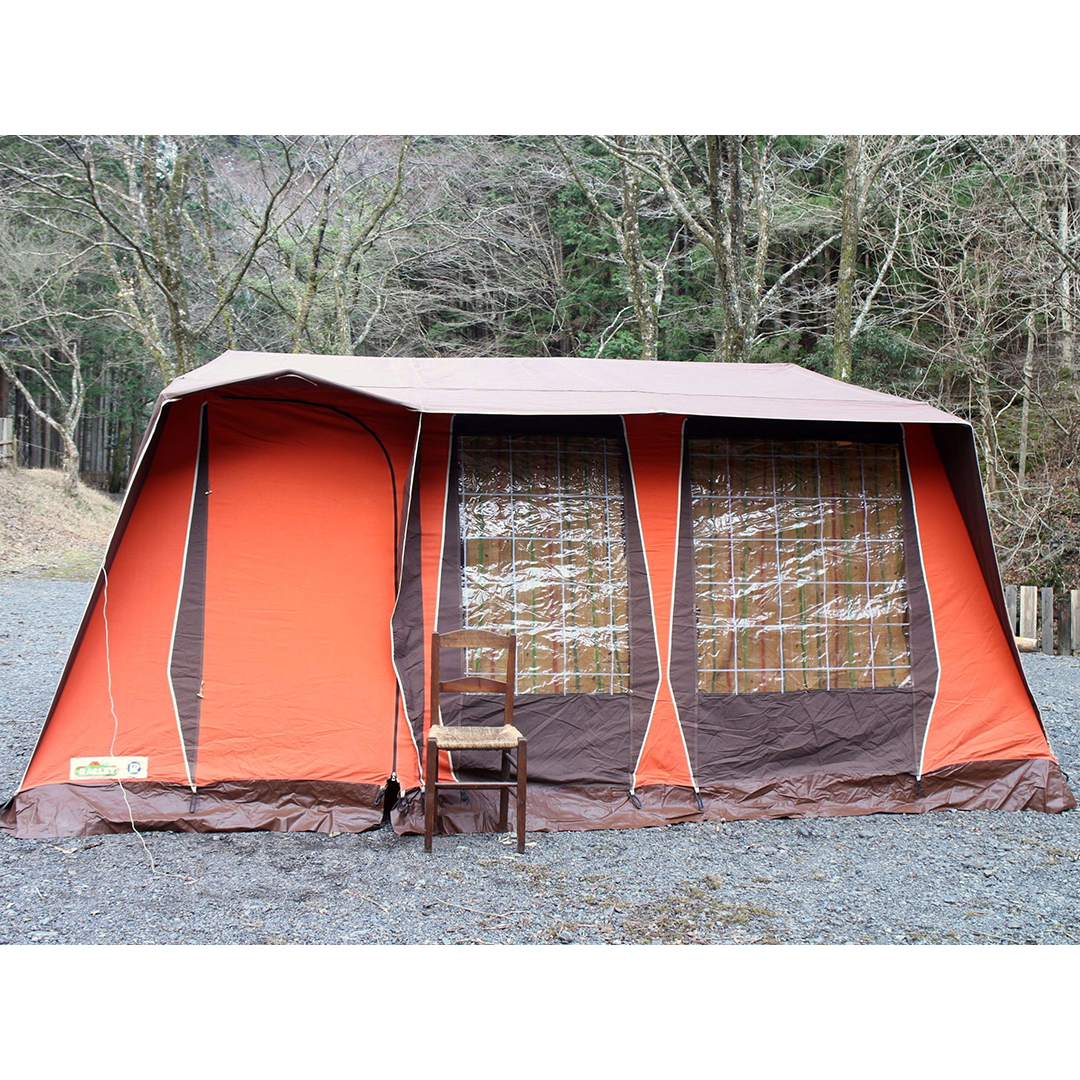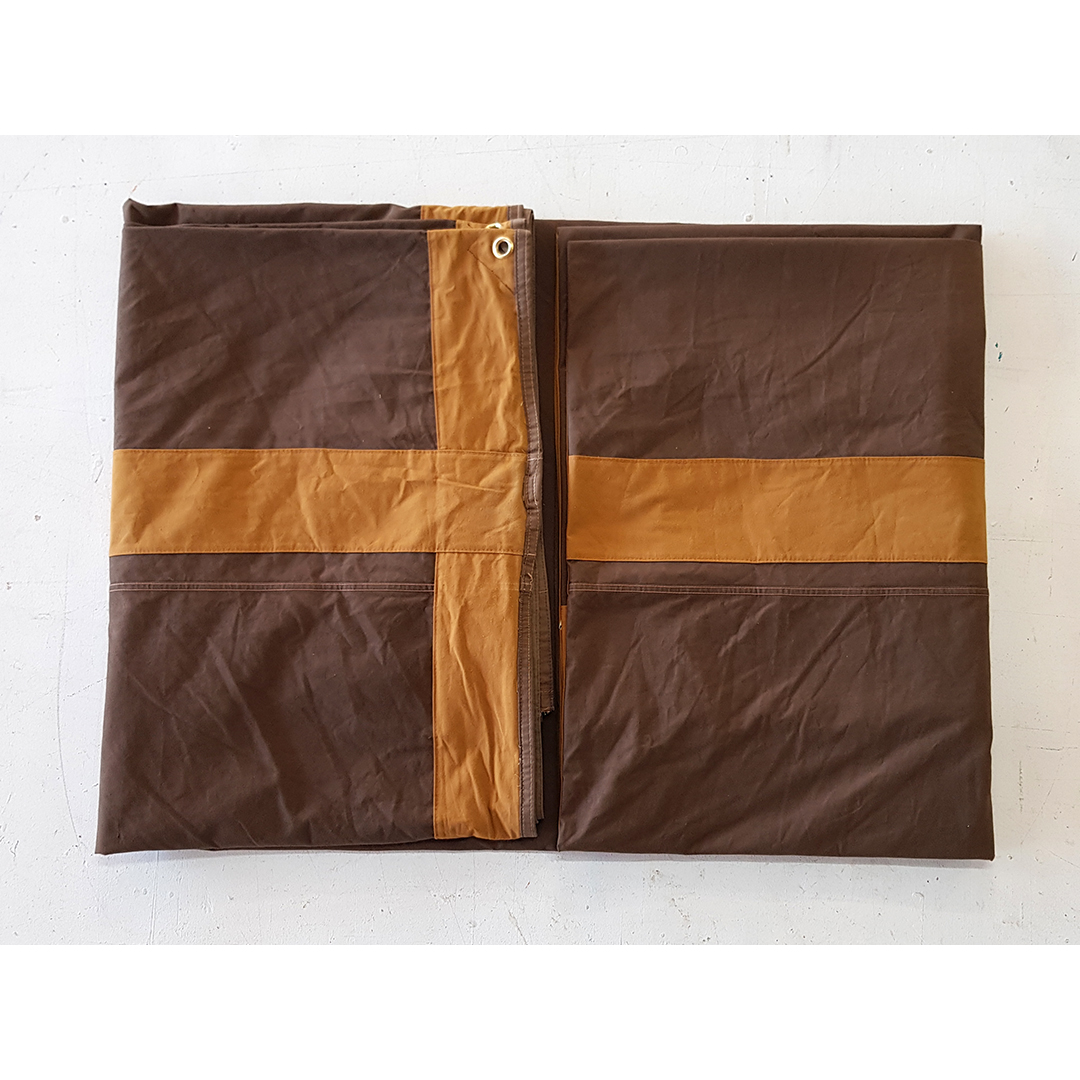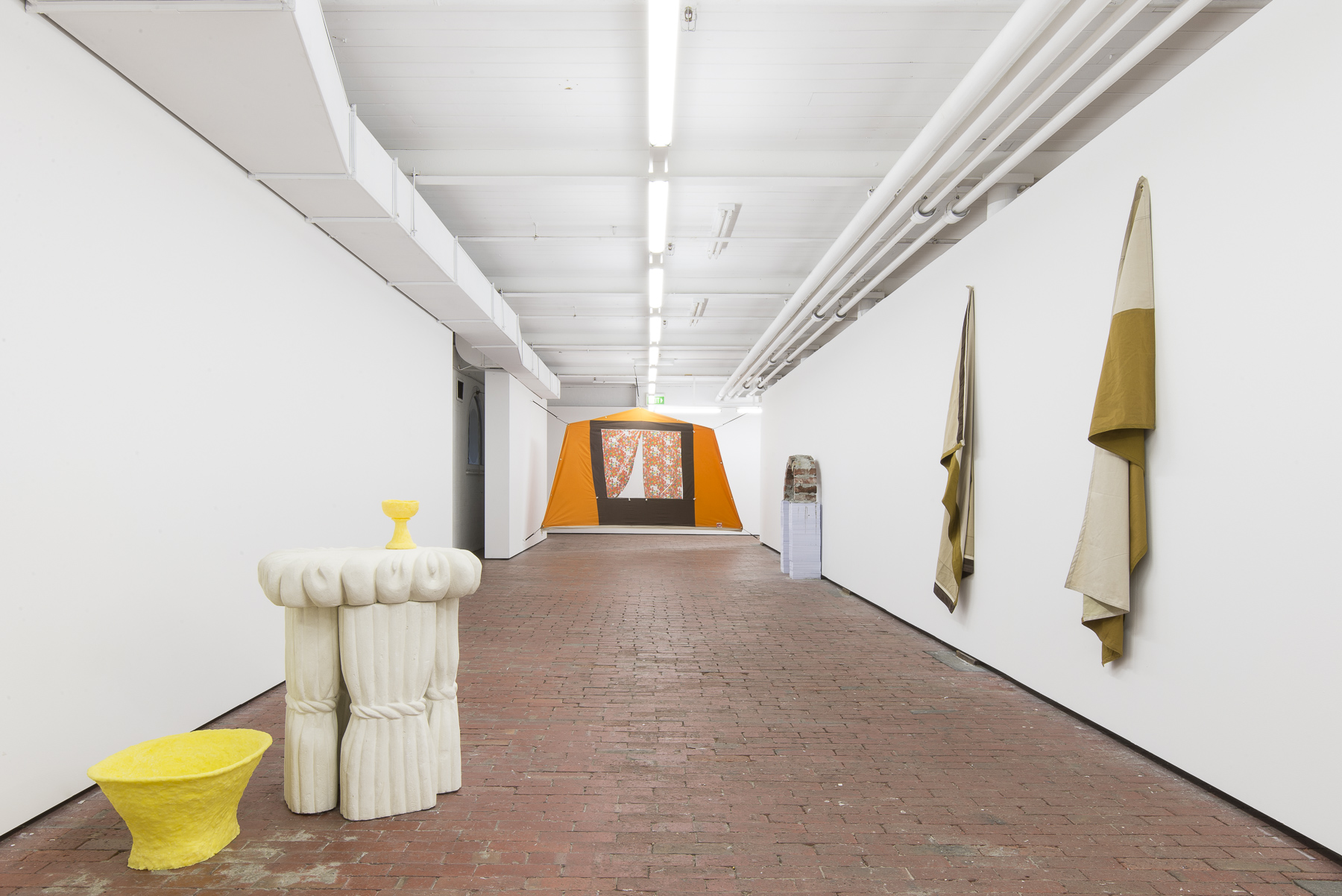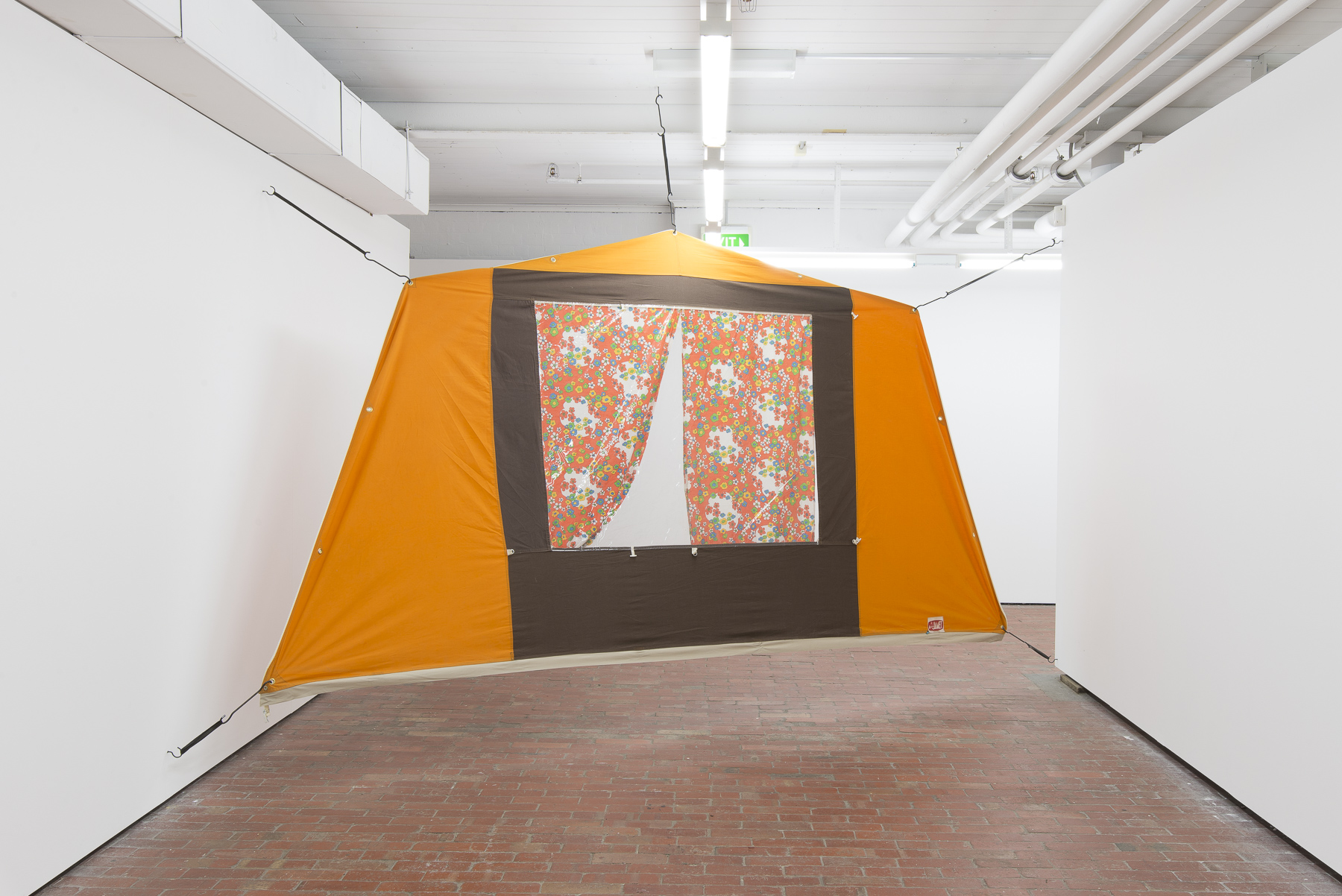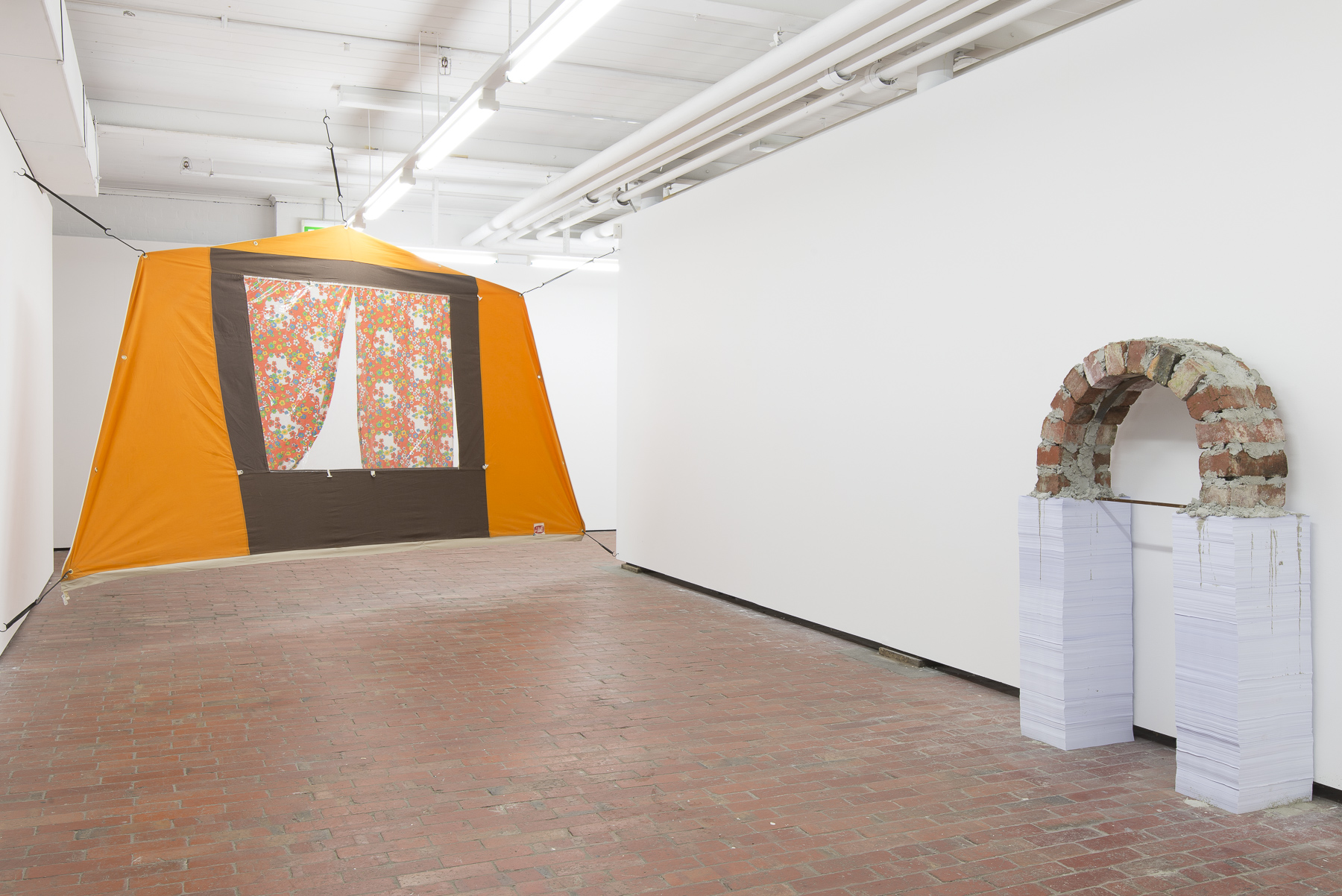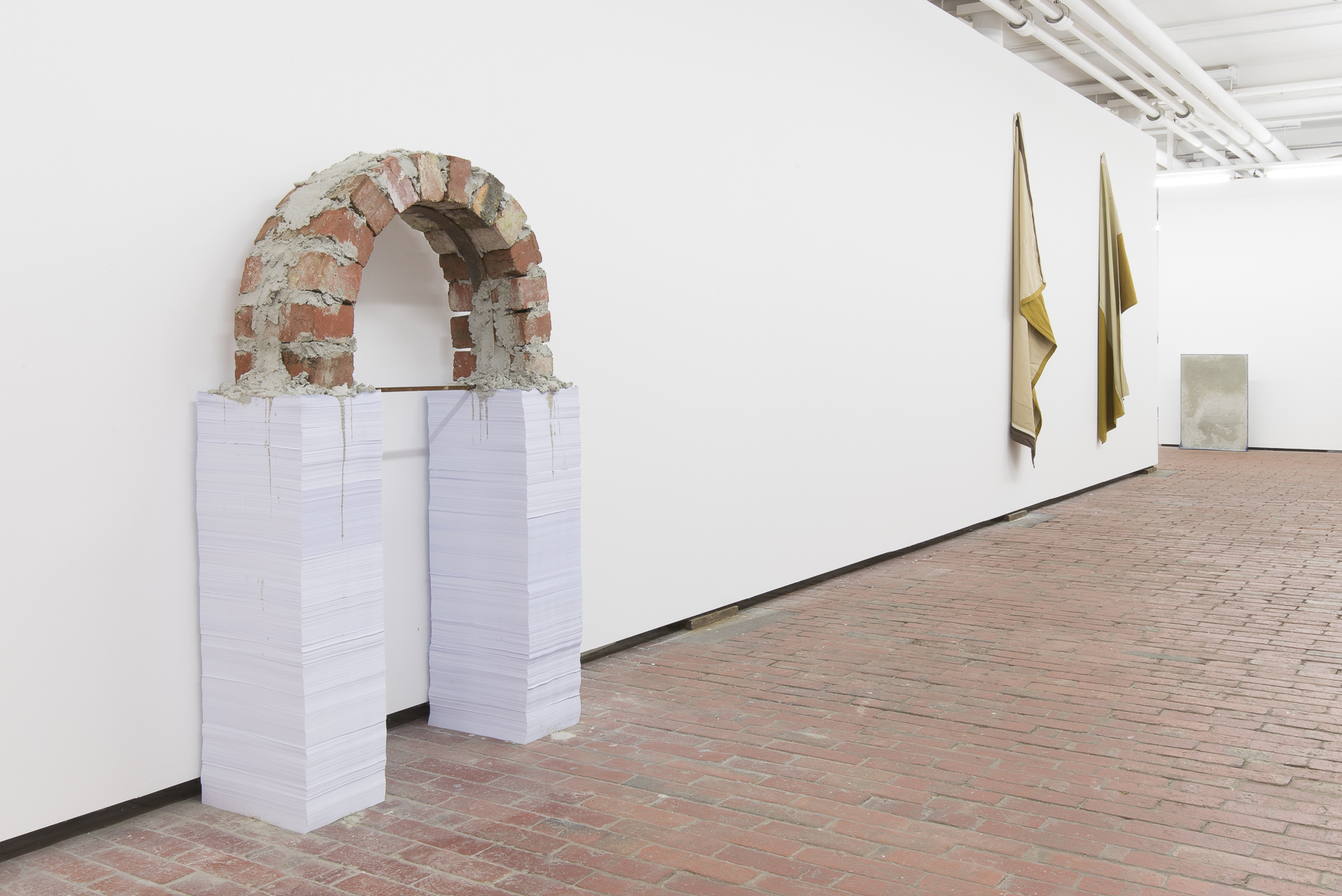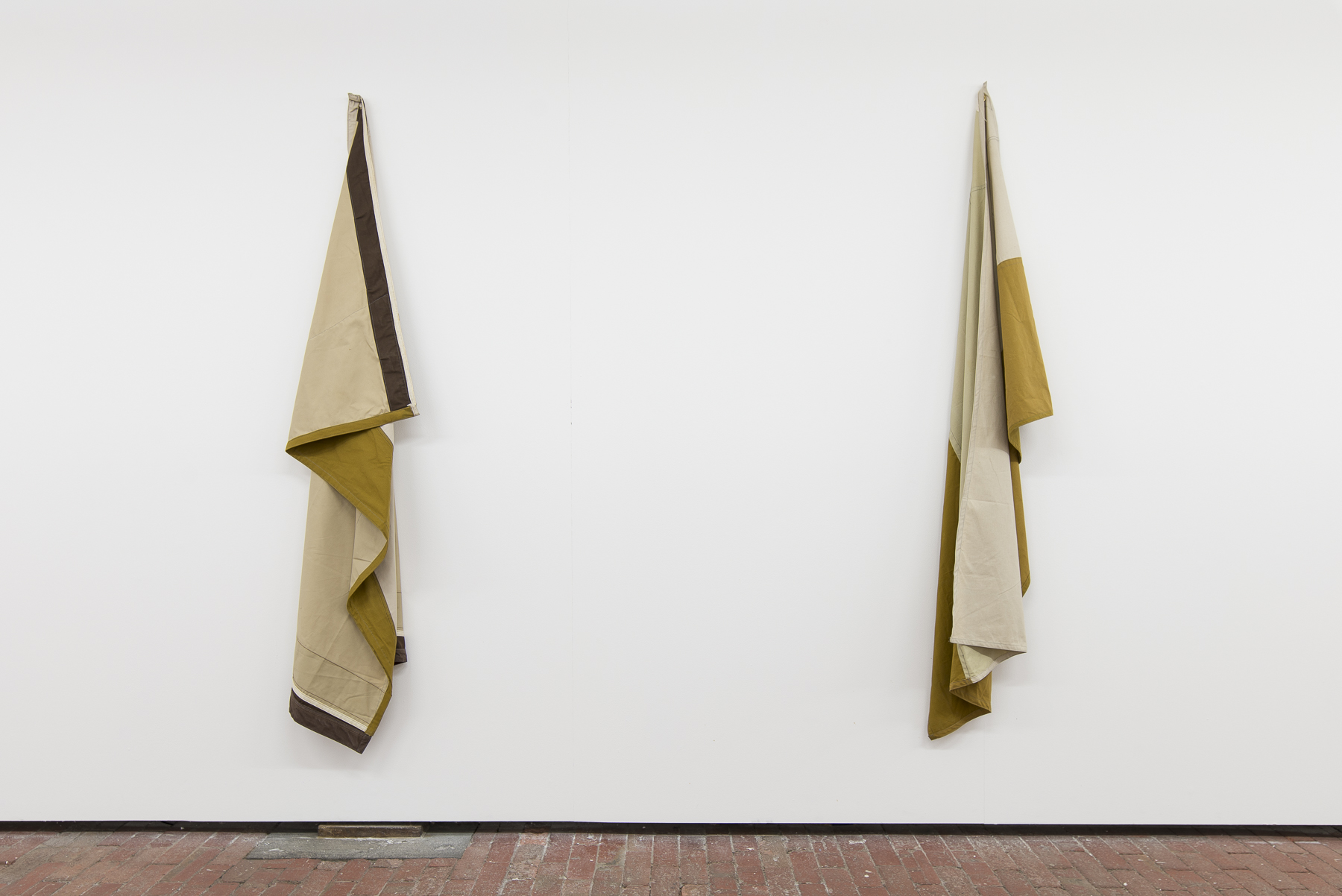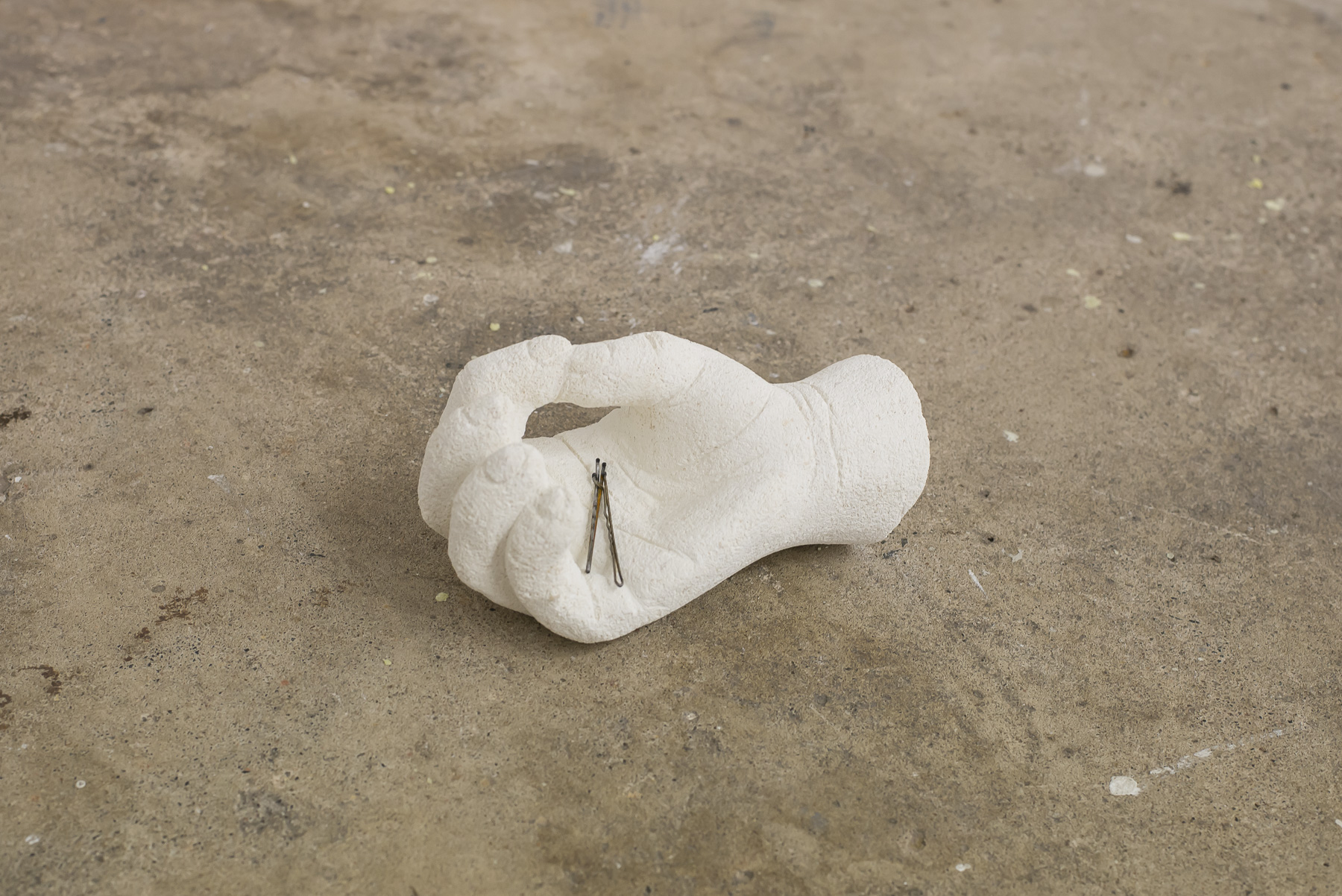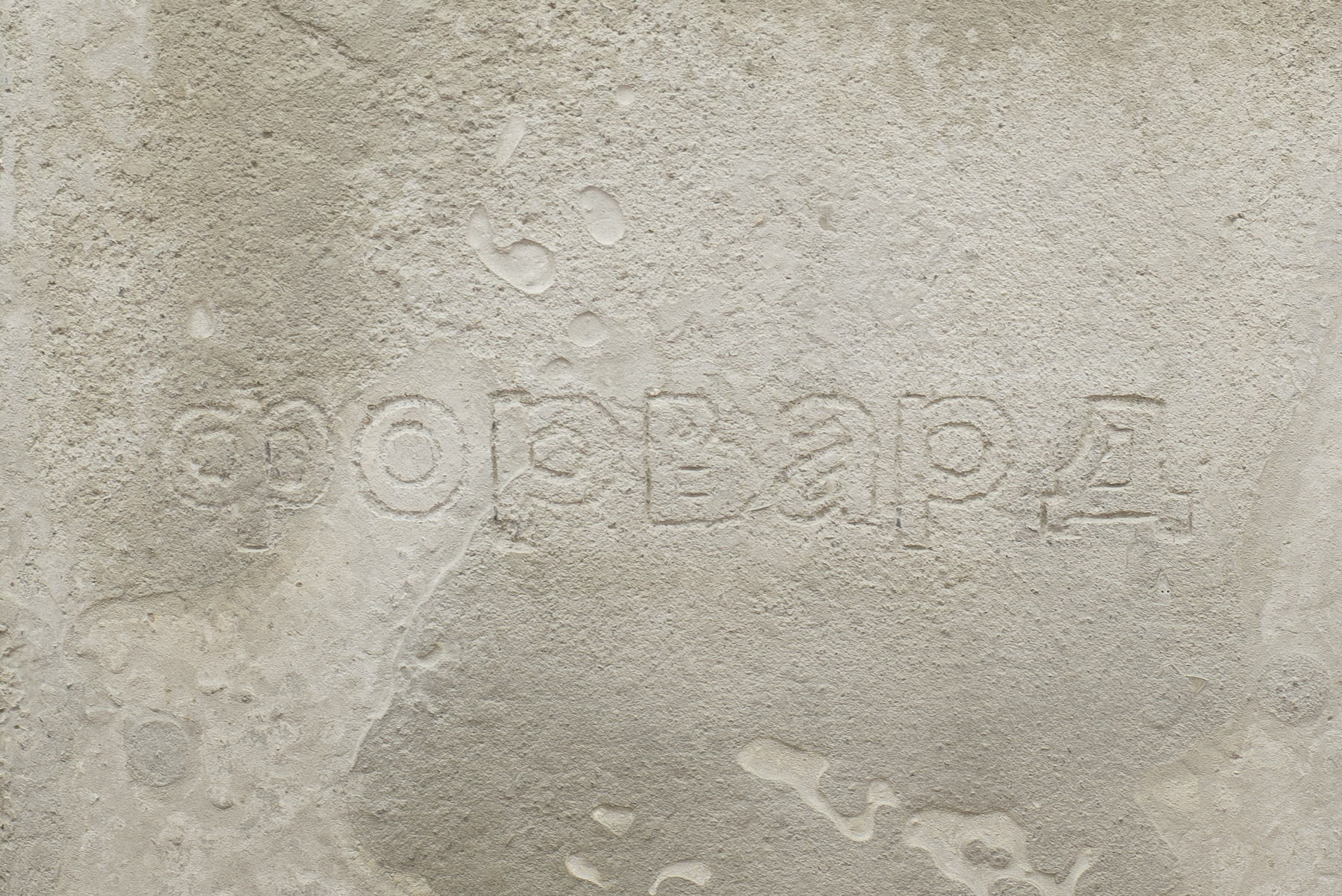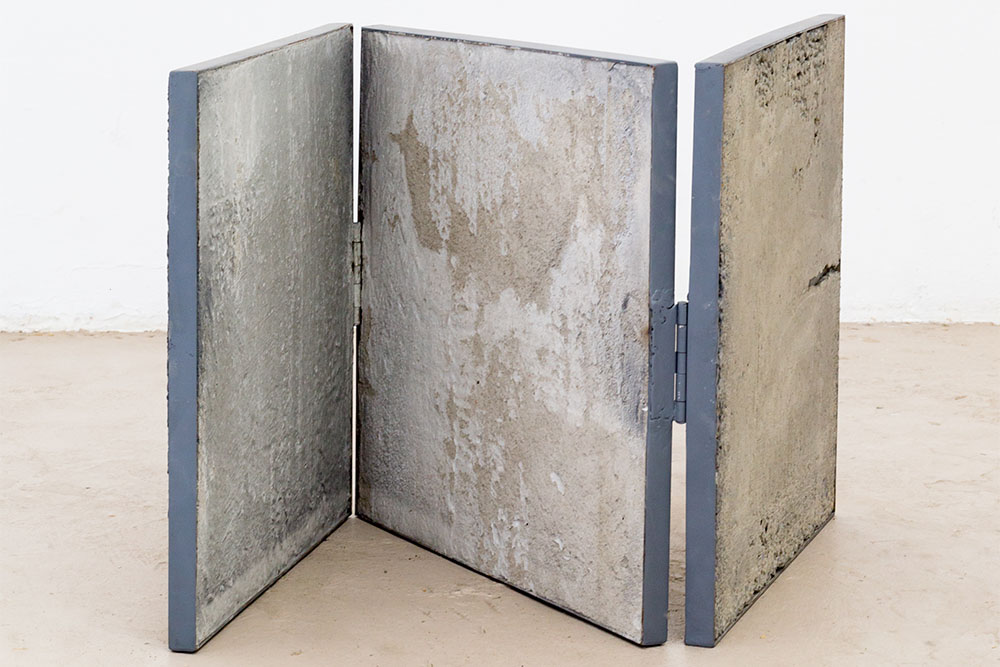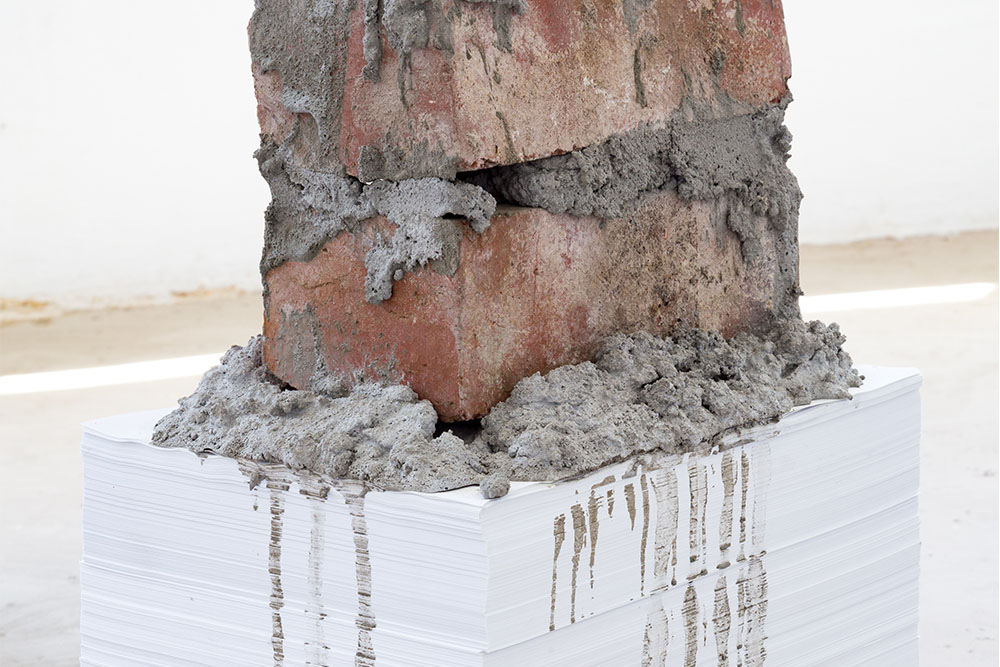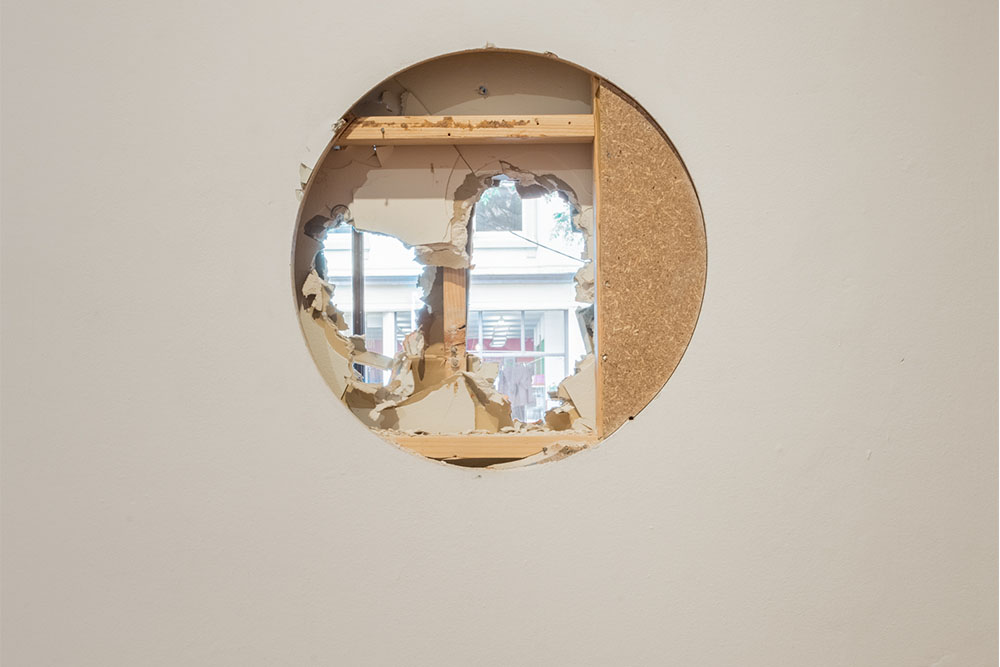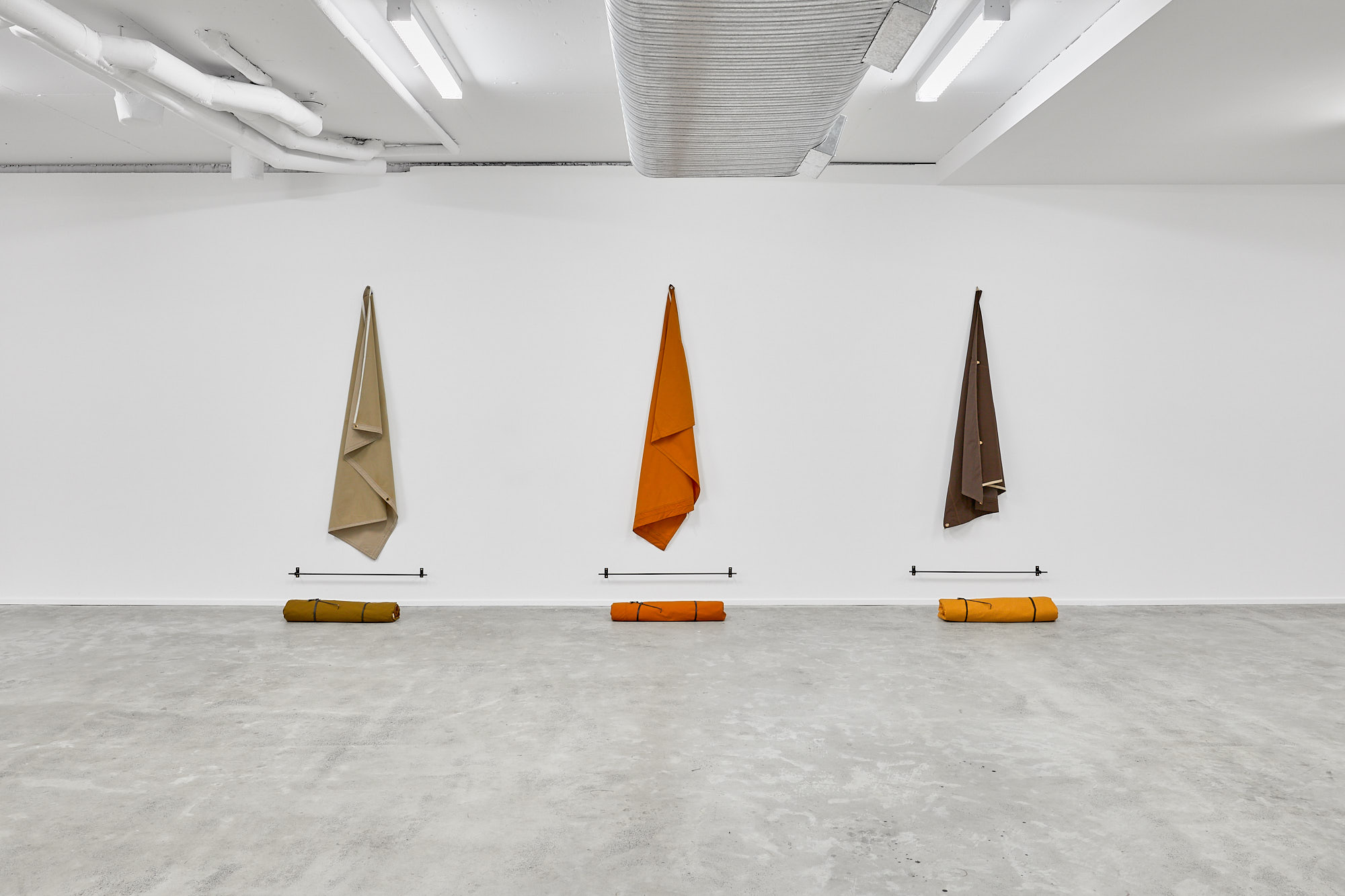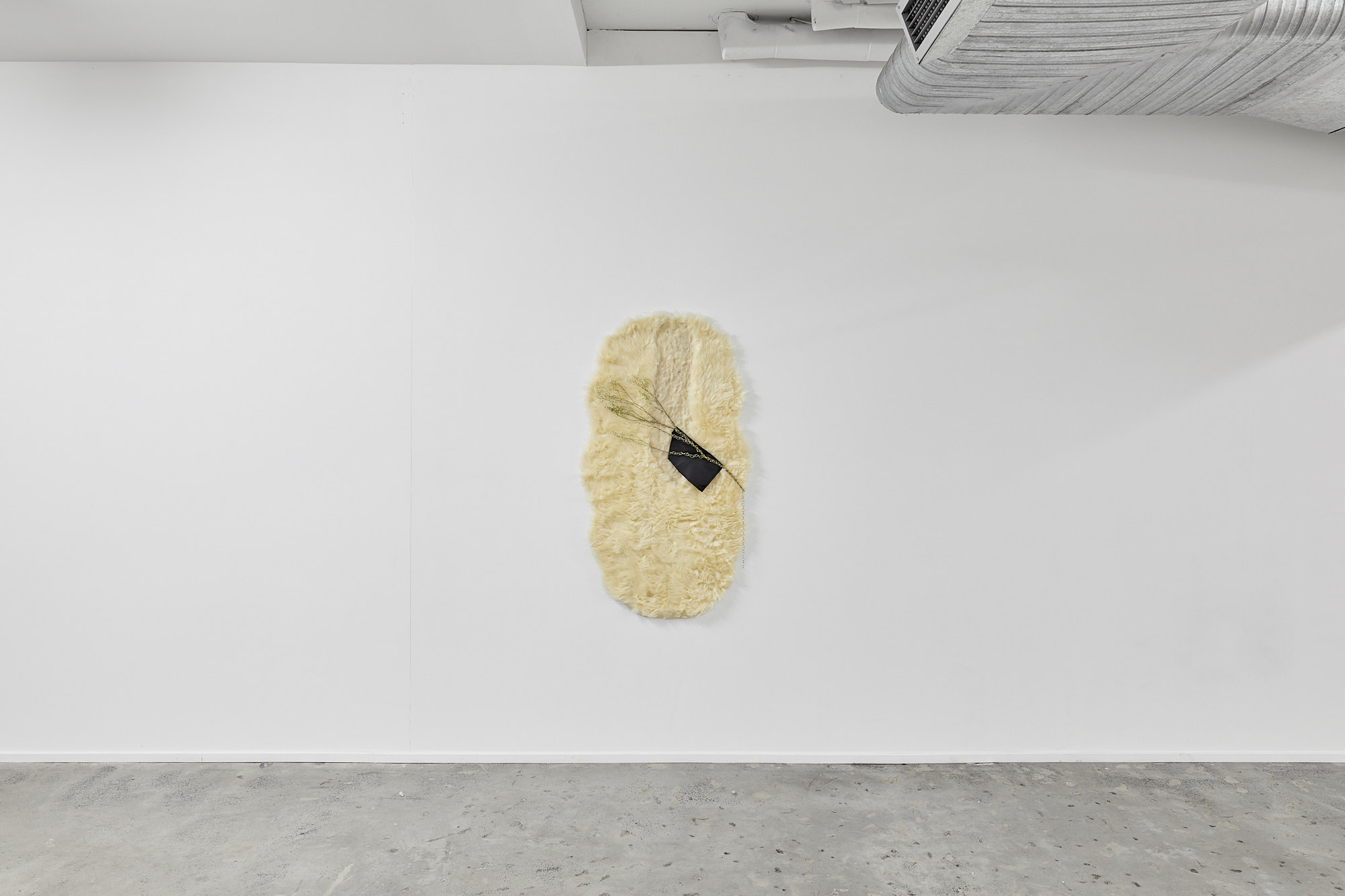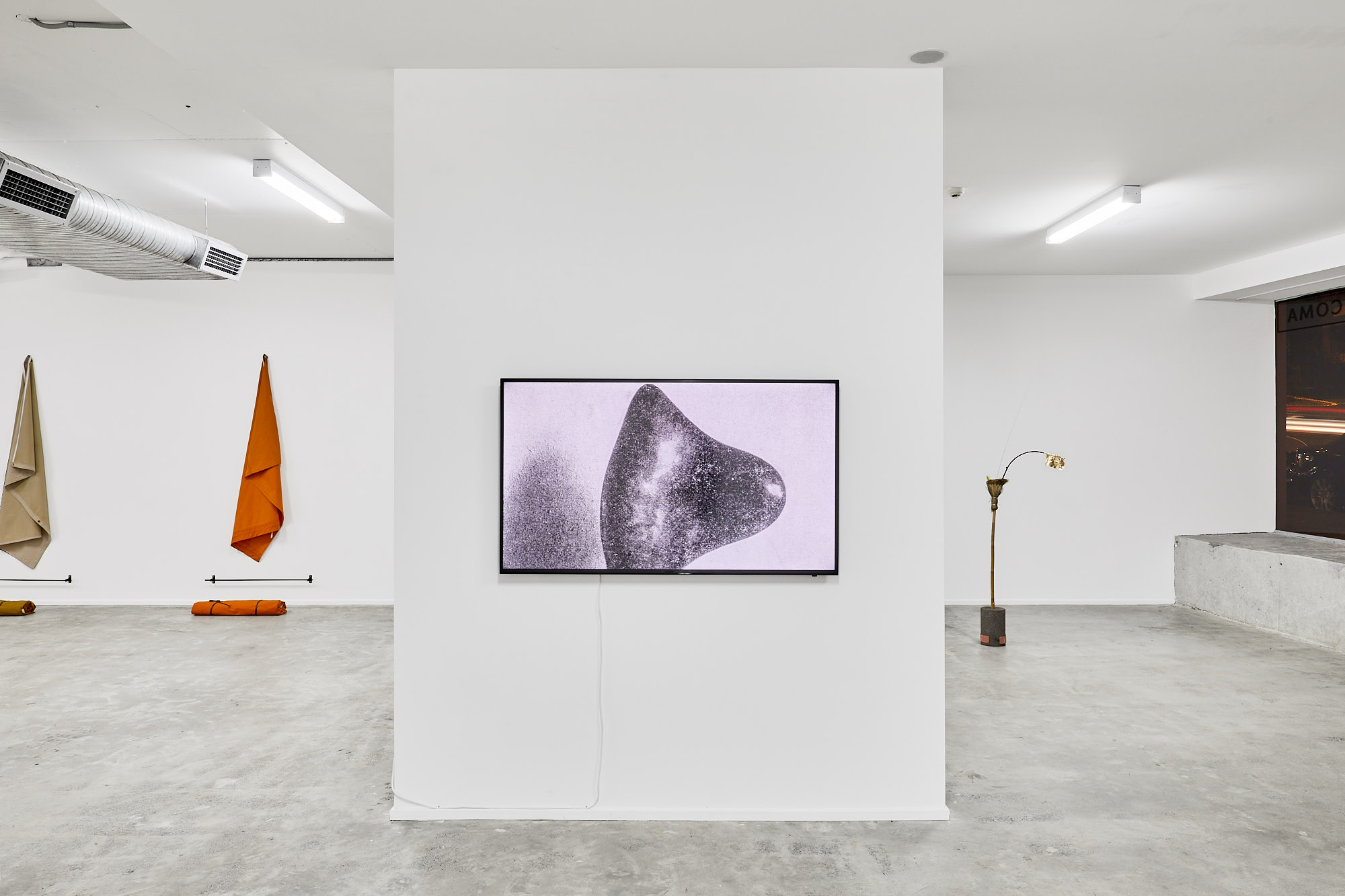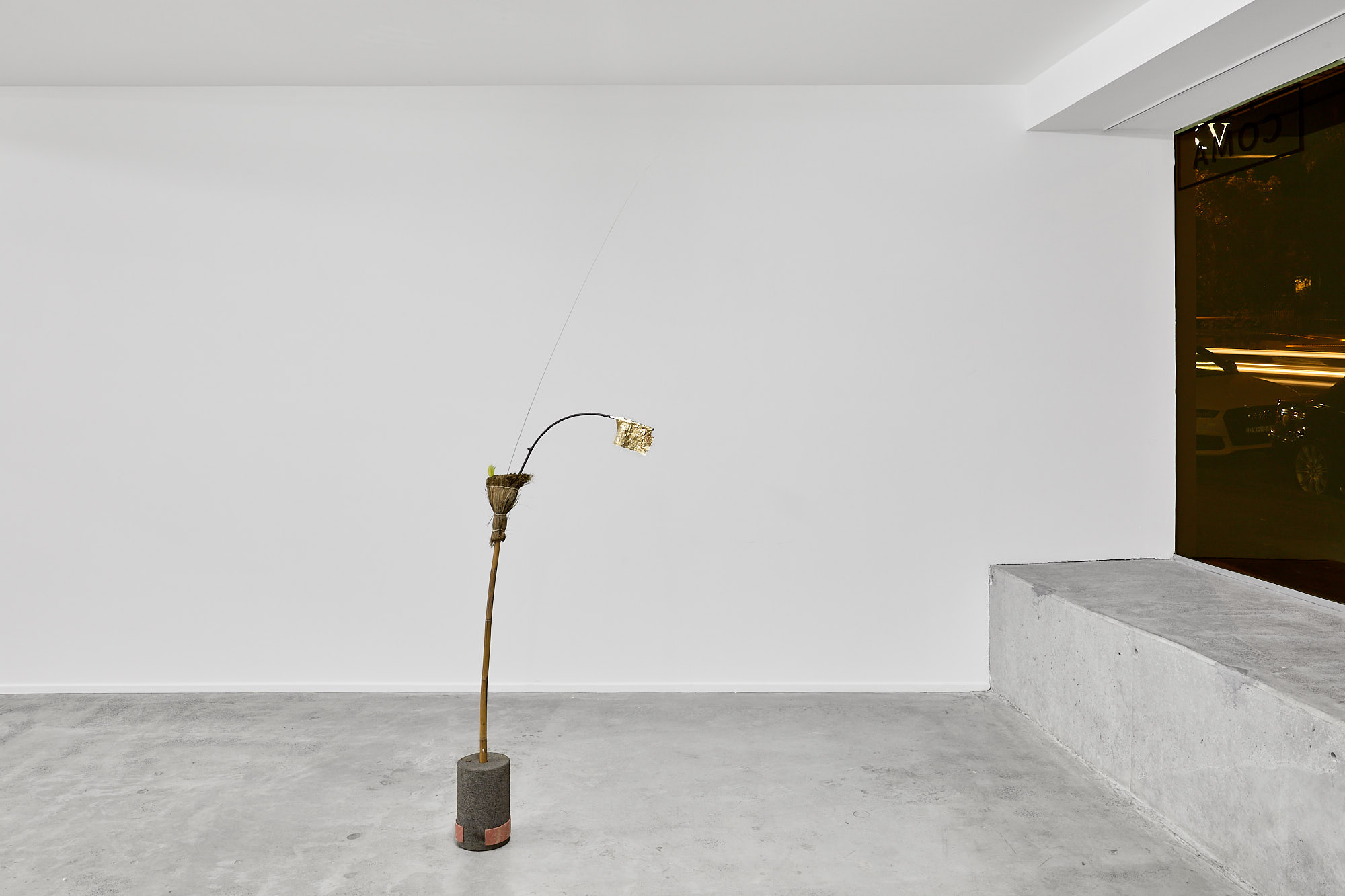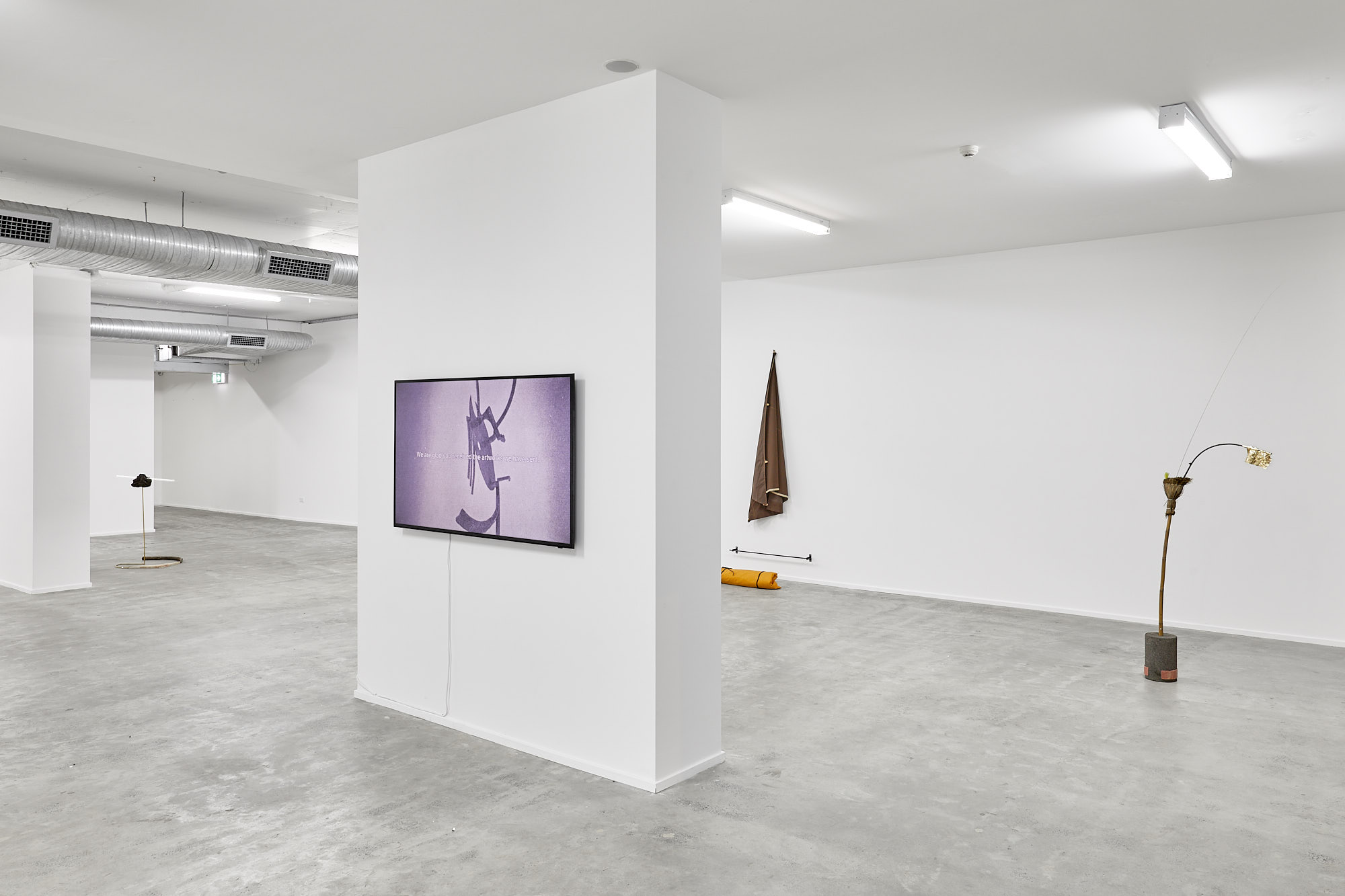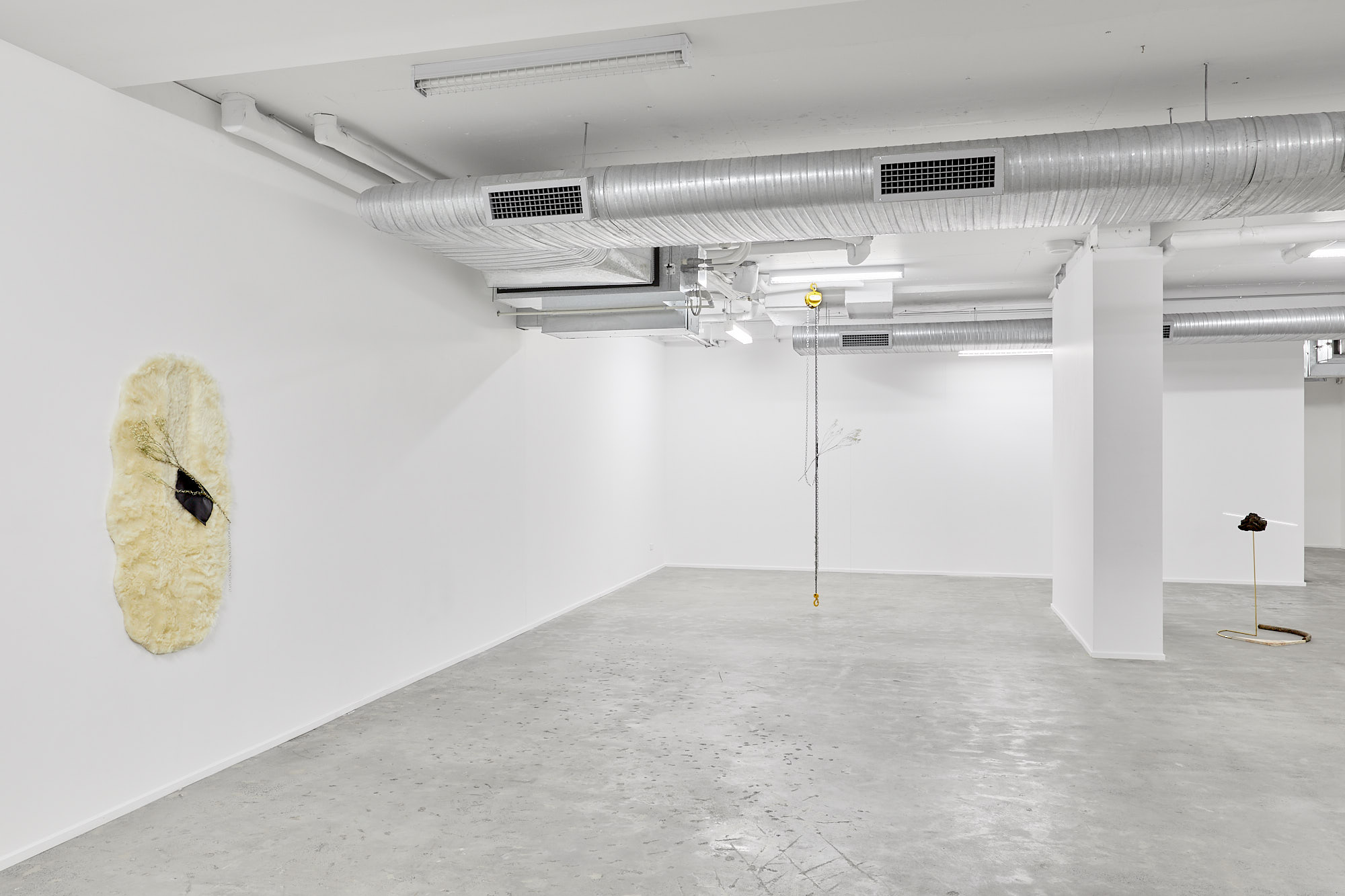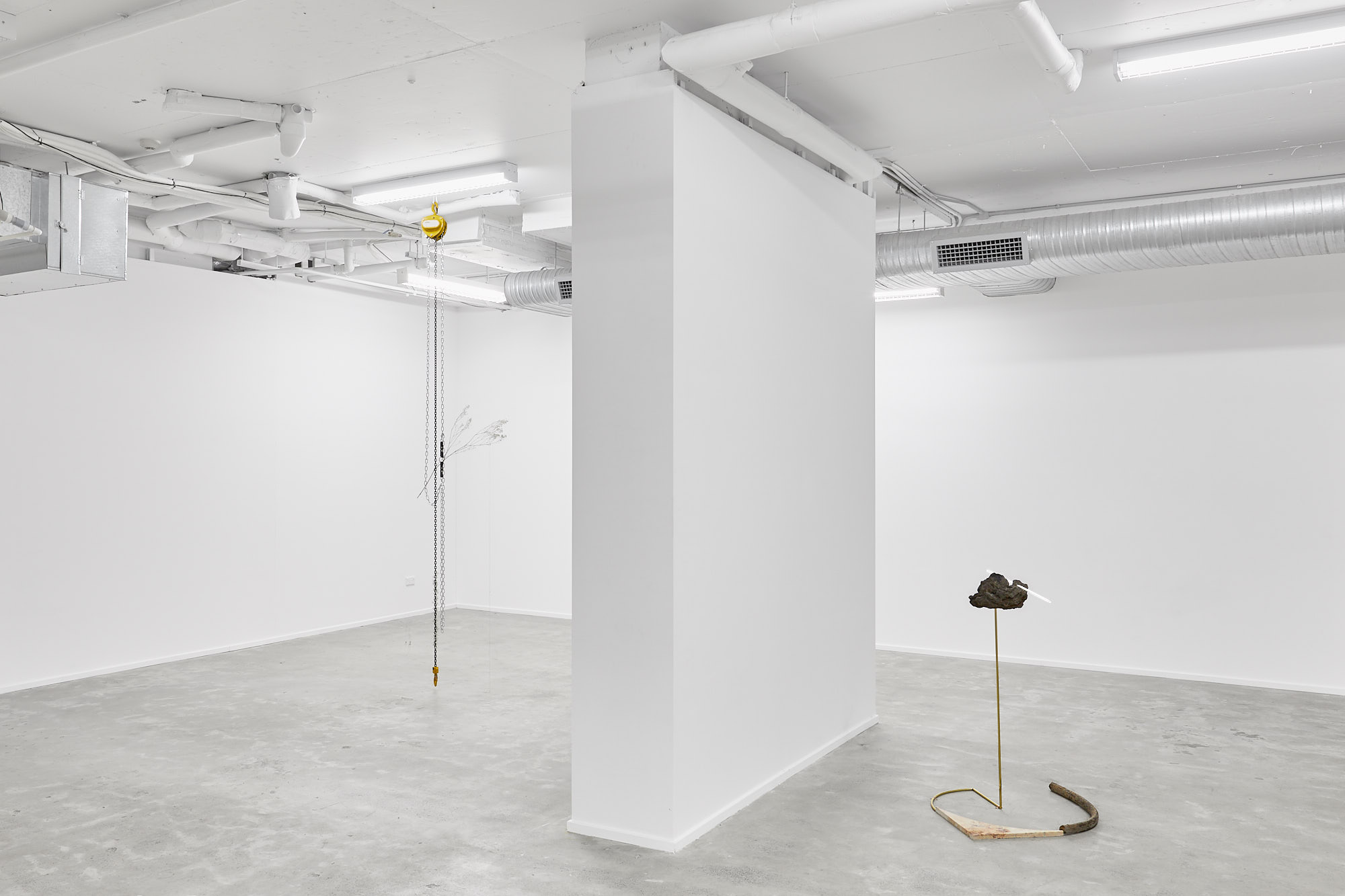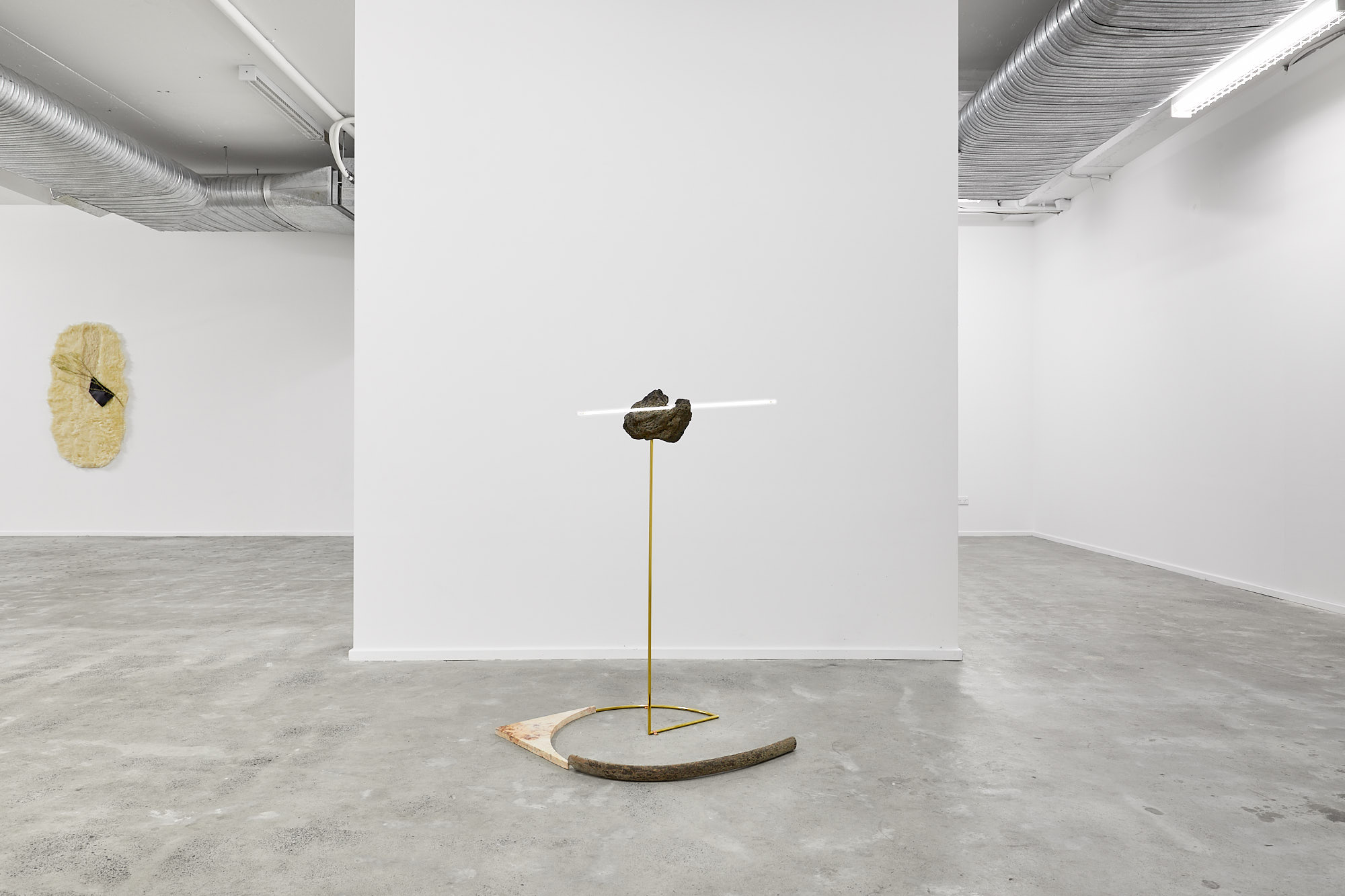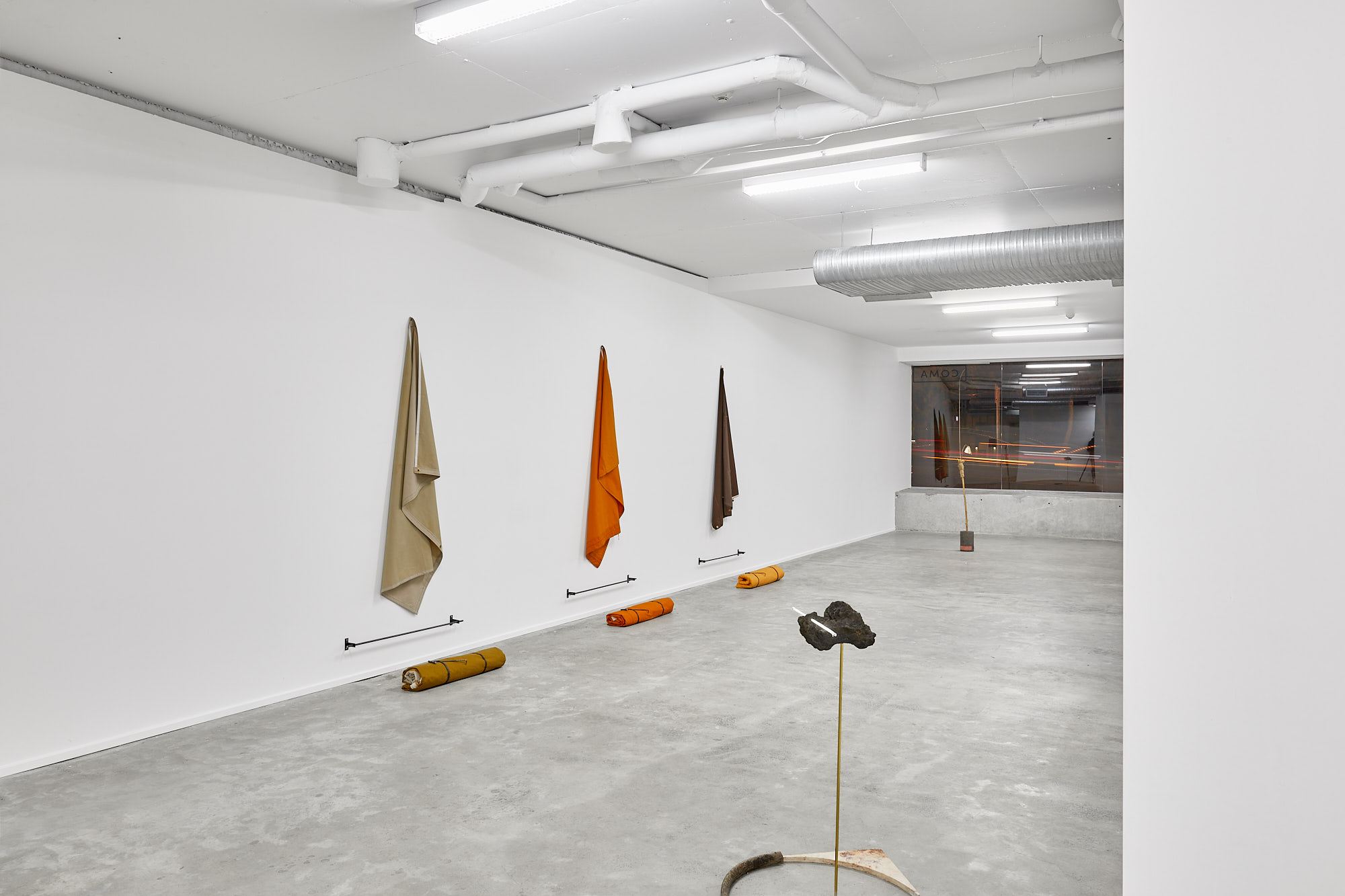2021 SUMMER 68
The Summer of 68 researches the language of resistance. A series that began in 2018, and has featured in the following exhibitions: Articulate Projects’ Changing Place program; Spring Fragrance at COMA; The Space Between, C3; Big Circle, M17 Contemporary Art Center; and TwentyOne002, online.
Summer 68 draws from the political economy surrounding material and content; it brings into parallel themes of urban escape and urban unrest. The material is refashioned from pioneer Andre Jamet’s French brand of tents from 1968. The year corresponds to both a peak in recreational camping activities as well as global civil rights protests including the revolutionary May ‘68 workers strikes in Paris.
Content is drawn from the Guy Debord archive and detourned specifically from his Situationist film Society of the Spectacle. Secretary to the International Situationist movement, Guy Debord's rallying contributiones played an igniting factor that led to the May 68’ workers strike and protests across France. His commentary on ideas of labour, and the role played by images in mediating the social relationship between society and commodities, are no less relevant today.
As a cultural form with associations to urban escape and political resistance, the tent fabric denote the polarities of camping and protest, freedom and hardship, nostalgia and destitution.
Freedom, Resistance, and Labour. 2021. Solvent transfer on reconstructed French tent canvas, steel, rope, fixings. 220 x 350 x 120cm (Total)
Rustic Minimalism. 2021
160 x 100cm
Solvent transfer on found vintage tent canvas.
What Elegance. 2021
160 x 100cm
Solvent transfer on found vintage tent canvas.
Play Something Else Cowboy 2. 2021
160 x 100cm
Solvent transfer on found vintage tent canvas, brass ring.
Play Something Else (triptych). 2021
42 x 53cm
Solvent transfer on found vintage tent canvas.
Big Circle
M17 CONTEMPORARY ART CENTER
The exposition # 2 within the Big Circle international project of contemporary non-objective art showcases a wide range of artworks by the participants of projects such as the CCNOA (Center for Contemporary Non-Objective Art), Brussels, Belgium, DAC (Dolceacqua Arte Contemporanea), Dolceacqua, Italy, and WEST Projects, Sydney, Australia.
WEST Projects, Сідней, Австралія
TITLE: RNOP — Kyiv
CURATOR: Billy Gruner
WEST Projects is an International artists and curators consortium. It is a not-for-profit specialized program for non-objective & reductive art makers. It has been established by Billy Gruner and Sarah Keighery to coordinate and curate programs in a broad range of cultural activities including a multiplicity of contemporary artistic practices, writings on art and culture and the archiving of local histories locally and internationally.
In Kyiv, WEST Projects presents an overview of the past series of exhibitions, the Reductive Non Objective Project (RNOP).
ARTISTS: Cvetka Hojnik (CZ), Kyle Jenkins (AU), Billy Gruner (AU), Sarah Keighery (AU), Clare French (GB), Alan Hathaway (UK), Aimée Terburg (NL), Joe Wilson (AU), Chanelle Collier (AU), Lars Breuer (DE), Aaron Martin (AU), Tarn McLean (AU), Louise P. Sloane (USA)
Flag (brown) 2019
170 x 50 X 50cm.
Deconstructed vintage tent.
Collection of KNO
Articulate
C3
COMA
HANGOVER: Summer of '68
ARTICULATE PROJECTS
497 Parramatta rd. Leichhardt. NSW
Joe Wilson & Chanelle Collier
2018
HANGOVER: Summer of ’68 is a new collaboration by Joe Wilson and Chanelle Collier featuring a large-scale installation in the downstairs gallery of Articulate Projects. Sections of vibrant canvas sewn into long panels and tied to the walls, the roof, and floor of the gallery, are made from vintage family sized tents. They form readymade compositions of line and colour referring to non-objective painting styles.
Thinking beyond the medium of paint and embracing the experimental model of exhibiting that is key to Articulate Projects, Wilson and Collier draw attention to the artwork as a social object. The material is refashioned from pioneer Andre Jamet’s French brand of tents from 1968. The year corresponds to both a peak in recreational camping activities as well as global civil rights protests including the revolutionary May ‘68 workers strikes in Paris.
As a cultural form with associations to urban escape and political resistance, the tents denote the polarities of camping and protest, freedom and hardship, nostalgia and destitution. Here it has been breached, opened up, and reconstructed where latent energy is held in the tension of fabric as effort that is stored in a battery-like capture of the kinetic energy used in the labour of its stretching and manipulation.
Hangover is the first of Articulate's Changing Place program, which focuses on whole-space installation to emphasise relationships between a work and its location.
Exhibition funded by Inner West Council, supported by Higher Ground Studios, and sponsored by Grifter Brewing Co.
Installation Photography: Anna Cuthill
The Space Between
C3, Gallery 6
Abbortford Convent, Melbourne
Curated by Siobhan Sloper
Noriko Nakamura, Marko Radosavljevic, Chanelle Collier And Joe Wilson
2018
The space between explores the abstraction of architectural ideas and forms. Each artist has used their differing and unique, cultural and visual histories as a lens through which to reinterpret the architecture of C3, Abbotsford Convent and interrogate the ways we shape, construct and personify our buildings and in turn how they shape us.
Installation photography: Aaron Christopher Rees
Mrs. Spring Fragrance
137 Bayswater Rd. Rushcutters Bay, NSW,
Clara Ianni, Gabriel Rico, Joe Wilson & Chanelle Collier, Anna McMahon
13 July, 2018 - 3 August, 2018
Mrs. Spring Fragrance focuses on personal reactions and responses to cross cultural and physical movement. These responses may stem from a connection to one’s land and positive experiences in another, geo-political exploitation of cultural symbols and objects or contrasts in perception and acceptance of sexuality and gender differences in new locations. The title references a collection of short stories of the same name, written by Sui Sin Far and published in 1912, which details the struggles and triumphs of immigrant families in North America during the late 19th century.
Images courtesy of Coma Gallery



